Black Seed Oil as a Treatment for Mold Exposure and Allergies
Mold toxicity is regarded as a rare medical problem that can have severe implications for our overall health. From an allopathic point of view, there are various medications and remedies available to help us deal with mold toxicity, though it is not a common problem. (1)
On the other hand, different types of toxic mold exposure are rarely evaluated and discussed. The idea that exposure to fungal toxins poses a significant health hazard is rarely evaluated by conventional medicine. Some allopathic practitioners are not familiar with the theory of Chronic Inflammatory Response Syndrome (CIRS) which is believed to be a reaction to long-term biotoxin exposure.
This leaves individuals who speculate that they may be affected by long-term mold exposure with few options for testing and treatment.
Dietary exposure to mold can lead to several health hazards including serious mold toxicity. In such cases, it is theorized that the effects are usually systemic and extend beyond the affected area.
Blog Contents
What is Mold Toxicity?
Mold toxicity occurs when toxic mold spores or mycotoxins produced by molds accumulate in large numbers. This causes symptoms such as allergic reactions, headaches, sinus congestion, fatigue, brain fog, coughing, wheezing, gastrointestinal symptoms, liver issues, skin rashes and more. In extreme cases, it can even lead to chronic illnesses like asthma and cancer. (3)
Mold growth can sometimes be hard to diagnose. One of the best ways to avoid exposure to mold and mold toxins is to know their sources and avoid them.
Foods That Can Be Contaminated with Mold
Grains such as rice, oats and barley
Nuts such as peanuts, pecans and walnuts
Seeds like sunflower, sesame and flaxseed
Dried fruits including date fruits and raisins
Processed foods containing wheat, rye and other grains
Respiratory Fungal Conditions
Respiratory fungal conditions come in many shapes and forms. From aspergillosis, which is caused by a common indoor mold, to histoplasmosis and coccidioidomycosis, which are both contracted through the inhalation of spores found in the soil, each condition has unique symptoms and treatments. (5,6,7)
Additionally, cryptococcosis is another type of fungal infection that affects the lungs. It is caused by yeast-like fungi that can spread to other parts of the body if left untreated (8).
Most of those conditions are recognized by allopathic medicine and their routine treatment is available. While some of these conditions are more severe than others, all require prompt medical attention as timely treatment can help ensure a positive outcome for those affected.
Other Fungal Conditions
Dietary fungal conditions refer to diseases and infections caused by the consumption of contaminated food or beverages. This can occur when fungi such as yeasts, molds, and mushrooms contaminate food sources or enter our bodies through air-borne spores.
Common fungal conditions can also be caused by an overgrowth of yeast which is considered a natural inhabitant of our body. Such is the case with candidiasis (a yeast infection).
On the other hand, mycotoxicoses (poisoning from eating moldy food), and ergotism a form of mycotoxicoses caused by the consumption of grains affected by fungal infestation) are serious conditions that arise from exposure to dietary sources of mold.
Not only can these conditions lead to gastrointestinal issues such as nausea and vomiting, but they can also cause serious long-term health problems if left untreated. Therefore, it is important to be aware of the potential risk posed by consuming contaminated food in order to avoid suffering from dietary fungal conditions. (9)
Common Symptoms of Mold Exposure
Coughing or wheezing
Nasal congestion
Irritation to eyes, nose, or throat
Headaches and dizziness
Memory loss or confusion
Skin rashes and lesions
Asthma attacks in sensitive individuals
Less Common Symptoms of Mold Exposure
- Hair loss
- High blood pressure/ low blood pressure
- Chronic fatigue
- Sore throat
- Constant respiratory infections
- Poor liver function
- Hormonal issues
- Weight loss
- Digestive issues, nausea, vomiting or diarrhea
- Bloody nose
- Joint pain and muscle aches
- High sensitivity to smells and chemicals
- Anxiety or depression
Common Food Mold
Aflatoxins are a type of toxins produced by certain species of fungi, which can create serious health issues for humans if ingested. Aflatoxin contamination is a particular concern for peanuts, as the fungus can quickly grow in warm and humid conditions. Unfortunately, those conditions are conditions that peanuts and grains are consistently exposed to during transportation.
When it comes to the physiology of liver stress caused by aflatoxin, it has been observed that the toxin binds to proteins within the liver and inhibits their function, leading to an increase in oxidative stress.
In addition, studies have found that aflatoxin activates pro-inflammatory pathways, increases cell death in hepatocytes (liver cells), and can cause DNA damage, all of which may contribute to liver dysfunction. (12)
Aflatoxicosis is the name of the disease caused by aflatoxin exposure, either primary or secondary. The symptoms of aflatoxin poisoning can range from mild to severe and may include nausea, vomiting, abdominal pain, fever, and jaundice. In extreme cases, aflatoxicosis can lead to liver damage and even death. Treatment typically involves supportive care such as hydration and fluid therapy. (13)
Long-Term Aflatoxin Exposure and Cortisol
Aflatoxin exposure has been linked to elevated cortisol levels, which can have a detrimental impact on health. Cortisol is a hormone responsible for regulating the body's energy balance, metabolism and stress response. (14)
High levels of cortisol in the blood can have a number of negative effects on the body, including weakened immune system function, increased risk of depression and anxiety disorders, impaired cognitive function and decreased bone density. It is important for people who have been exposed to aflatoxins to be monitored for any signs or symptoms of cortisol-related issues that may arise from this toxin's effects. (15)
Mental Health and Aflatoxin
Aflatoxin exposure has been linked to mental health conditions in some cases. Long-term aflatoxin exposure has been associated with anxiety, depression, impaired cognitive function, and memory loss.
In extreme cases, prolonged aflatoxin exposure may even increase the risk of developing psychotic or neurological disorders. It is important for people who have been exposed to aflatoxins to be monitored for any signs or symptoms of mental health issues that may arise from this toxin's effects. (16, 17)
What Is Black Seed Oil?
Black seed oil is derived from the Nigella sativa plant native to Southwest Asia and parts of North Africa. This plant contains several beneficial compounds including thymoquinone (TQ), nigellicine (NC), alpha-hederin (AH), volatile oils and alkaloids that all have powerful therapeutic properties. (18)
The Anti-fungal Potential of Black Seed Oil
Recent research has shown that black seed oil can be effective in treating fungal infections due to its anti-fungal, anti-microbial, and anti-inflammatory effects. Additionally, it has been shown to inhibit the growth of yeast such as Candida albicans, which can cause yeast infections when overgrowth occurs. Black seed oil can be applied topically or taken orally in supplement form to help keep the internal environment inhospitable for fungi. (18, 19)
Ask your doctor about adding black seed oil, which is used as a culinary in many places in the world, to your daily diet.
Black Seed Oil as a Treatment for Mold Exposure and Allergies
Research suggests that black seed oil has several key benefits when dealing with mold toxicity. Those benefits extend further than its capacity to act as an antimicrobial agent:
It helps reduce inflammation in the body caused by mold toxins by suppressing pro-inflammatory cytokines like tumor necrosis factor (TNF) and interleukin 1β (IL1β) (20)
It contains antifungal properties that can help reduce the growth of certain mold species responsible for producing mycotoxins like aflatoxin (21)
Its antioxidant activity can help capture free radicals produced by certain types of molds which can increase oxidative stress levels in cells leading to tissue damage (19, 21)
It may help support immunity making it easier for your body to fight off infections caused by mold more effectively (22)
How Can Black Seed Oil Improve Respiratory Health?
Respiratory mold exposure is usually evaluated by allopathic medicine. In the case that mold exposure is confirmed, many anti-fungal agents can be prescribed to the affected patient. It is important to note that even after complete recovery, the patient may require some support that can improve the rate of tissue healing and maintain overall well-being.
Black seed oil contains anti-asthmatic properties which make it useful for supporting those suffering from respiratory-related issues caused by mildew or fungus exposure. Studies have shown that it helps improve breathing capacity while decreasing coughing spells due to its expectorant action which helps loosen the mucous buildup in the lungs and airways allowing them to open up better allowing more oxygen into the system and resulting in better overall respiratory health. (23)
Black seed can also support the body in clearing away toxins and removing tissue-damaging anti-oxidants.
Can Black Seed Oil Improve Health After Toxicity Has Occurred?
Black seed oil has been found to have a positive effect on liver health, as well as its ability to facilitate detoxification. Studies suggest that black seed oil can help reduce toxicity in the liver by binding to and eliminating toxins from the body.
Additionally, it can increase levels of various enzymes that are involved in detoxification, such as glutathione-S-transferase. Furthermore, black seed oil also contains antioxidants which can help protect against oxidative damage in the liver caused by environmental toxins or aflatoxins.
Therefore, consuming black seed oil may be beneficial for those looking to boost their liver health and detoxify their bodies. (24)
Human studies suggest that black seed oil has powerful antifungal properties that can effectively prevent the absorption of toxins by our gastrointestinal tract (by improving the quality of our gut wall) thus reducing their toxicity levels within our body and helping us stay safe from its ill effects. (25)
Black Seed Oil for Gut Health
Studies have shown that black seed oil is an effective natural remedy for gut health. It has been linked to decreased inflammation, improved digestion, and increased nutrient absorption in the small intestine.
It can help balance the body's microbiome, reducing the potential for harmful bacteria and pathogens that can cause digestive issues. In addition, black seed oil also contains powerful antioxidants which can help protect cells from damage caused by free radicals.
Ultimately, incorporating even culinary doses of black seed oil into your daily routine can help promote a healthy gut environment. (22, 25, 26)
Black Seed Oil for Liver Health
Studies have shown that black seed oil can also have positive effects on liver health. It has been linked to improved liver function and decreased liver enzymes, indicating a reduction in potential toxicity that can be caused by certain medications.
It can also reduce inflammation, which helps protect the organ from damage. Incorporating black seed oil into your diet may help lower levels of liver enzymes, improve the functioning of the organ, and reduce any potential toxicity it may be exposed to. (27,28)
Conclusions
Black seed oil has been shown to have a protective effect against toxicity caused by exposure to certain mycotoxins. Studies suggest that black seed oil can reduce the oxidative stress caused by these toxins, as it contains antioxidants and other compounds that can help protect cells from damage.
Additionally, the oil has been found to help protect the liver from mycotoxins by preventing their absorption into the body. It does so by improving the body’s ability to bind to these toxins and prevent them from entering circulation. Thus, consuming black seed oil may be beneficial for those looking to protect themselves from the harmful effects of mold toxicity.
Author’s Note
Further research into the effect of mold exposure on human health should be conducted. Several studies show that Mycotoxin exposure can play a role at some critical pathways in the body. Those pathways include complex endocrine pathways. The impact of mold toxin exposure can be noted on testosterone levels, estrogen detox, thyroid health and many other endocrine pathways. Further studies on how to evaluate, treat and prevent such issues are highly needed.
Article References
Khalili B, Bardana Jr EJ. Inhalational mold toxicity: fact or fiction? a clinical review of 50 cases. Annals of Allergy, Asthma & Immunology. 2005 Sep 1;95(3):239-46.
Park DL. Effect of processing on aflatoxin. Mycotoxins and food safety. 2002:173-9.
Hussein HS, Brasel JM. Toxicity, metabolism, and impact of mycotoxins on humans and animals. Toxicology. 2001 Oct 15;167(2):101-34.
Jallow A, Xie H, Tang X, Qi Z, Li P. Worldwide aflatoxin contamination of agricultural products and foods: From occurrence to control. Comprehensive reviews in food science and food safety. 2021 May;20(3):2332-81.
Segal BH. Aspergillosis. New England Journal of Medicine. 2009 Apr 30;360(18):1870-84.
Guimarães AJ, Nosanchuk JD, Zancopé-Oliveira RM. Diagnosis of histoplasmosis. Brazilian Journal of Microbiology. 2006;37:1-3.
Pappagianis D. Epidemiology of coccidioidomycosis. Coccidioidomycosis. 1980:63-85.
Perfect JR, Casadevall A. Cryptococcosis. Infectious Disease Clinics. 2002 Dec 1;16(4):837-74.
Richard JL. Some major mycotoxins and their mycotoxicoses—An overview. International journal of food microbiology. 2007 Oct 20;119(1-2):3-10.
Bush RK, Portnoy JM, Saxon A, Terr AI, Wood RA. The medical effects of mold exposure. Journal of Allergy and Clinical Immunology. 2006 Feb 1;117(2):326-33.\
Hardin BD, Kelman BJ, Saxon A. Adverse human health effects associated with molds in the indoor environment. Journal of Occupational and Environmental medicine. 2003 May 1;45(5):470-8.
Liu Y, Chang CC, Marsh GM, Wu F. Population attributable risk of aflatoxin-related liver cancer: systematic review and meta-analysis. European journal of cancer. 2012 Sep 1;48(14):2125-36.
Williams JH, Phillips TD, Jolly PE, Stiles JK, Jolly CM, Aggarwal D. Human aflatoxicosis in developing countries: a review of toxicology, exposure, potential health consequences, and interventions. The American journal of clinical nutrition. 2004 Nov 1;80(5):1106-22.
Santini A, Ritieni A. Aflatoxins: risk, exposure and remediation. Aflatoxins-recent advances and future prospects. 2013 Jan 23:343-76.
Al-Jaal BA, Jaganjac M, Barcaru A, Horvatovich P, Latiff A. Aflatoxin, fumonisin, ochratoxin, zearalenone and deoxynivalenol biomarkers in human biological fluids: A systematic literature review, 2001–2018. Food and Chemical Toxicology. 2019 Jul 1;129:211-28.
Tesfamariam K, Gebreyesus SH, Lachat C, Hanley-Cook GT, Roro M, Mengistu YG, Endris BS, Belachew T, Kolsteren P, De Saeger S, De Boevre M. Chronic aflatoxin exposure during pregnancy is associated with lower fetal growth trajectories: a prospective cohort from the Butajira Nutrition, Mental Health, and Pregnancy (BUNMAP) Study in rural Ethiopia. The American Journal of Clinical Nutrition. 2022 Dec;116(6):1634-41.
Bbosa GS, Kitya D, Lubega A, Ogwal-Okeng J, Anokbonggo WW, Kyegombe DB. Review of the biological and health effects of aflatoxins on body organs and body systems. Aflatoxins-recent advances and future prospects. 2013 Jan 23;12:239-65.
Hassanien MF, Assiri A, Alzohairy AM, Oraby HF. Health-promoting value and food applications of black cumin essential oil: an overview. Journal of Food Science and Technology. 2015 Oct;52(10):6136-42.
Sitara U, Niaz I, Naseem J, Sultana N. Antifungal effect of essential oils on in vitro growth of pathogenic fungi. Pakistan Journal of Botany. 2008 Feb 1;40(1):409.
Al-Azzawi MA, AboZaid MM, Ibrahem RA, Sakr MA. Therapeutic effects of black seed oil supplementation on chronic obstructive pulmonary disease patients: A randomized controlled double blind clinical trial. Heliyon. 2020 Aug 1;6(8):e04711.
Al-Ghasham A, Ata HS, El-Deep S, Meki AR, Shehada S. Study of protective effect of date and Nigella sativa on aflatoxin B1 toxicity. International journal of health sciences. 2008 Jul;2(2):26.
Schleicher P, Saleh M. Black cumin: the magical Egyptian herb for allergies, asthma, and immune disorders. Inner Traditions/Bear & Co; 2000.
Hussain DA, Hussain MM. Nigella sativa (black seed) is an effective herbal remedy for every disease except death-a Prophetic statement which modern scientists confirm unanimously: a review. Adv Med Plant Res. 2016 Apr;4(2):27-57.
El-Sayed WM. Upregulation of chemoprotective enzymes and glutathione by Nigella sativa (black seed) and thymoquinone in CCl4-intoxicated rats. International journal of toxicology. 2011 Dec;30(6):707-14.
Abdallah EM. Black Seed (Nigella sativa) as antimicrobial drug: a mini-review. Novel Approches in Drug Designing and Develop. 2017;3(2):1-5.
Jing C, Wen Z, Zou P, Yuan Y, Jing W, Li Y, Zhang C. Consumption of black legumes glycine soja and glycine max lowers serum lipids and alters the gut microbiome profile in mice fed a high-fat diet. Journal of agricultural and food chemistry. 2018 Jul 9;66(28):7367-75.
Al-Jenoobi FI, Al-Thukair AA, Abbas FA, Ansari MJ, Alkharfy KM, Al-Mohizea AM, Al-Suwayeh SA, Jamil S. Effect of black seed on dextromethorphan O-and N-demethylation in human liver microsomes and healthy human subjects. Drug metabolism letters. 2010 Jan 1;4(1):51-5.
Tavakkoli A, Mahdian V, Razavi BM, Hosseinzadeh H. Review on clinical trials of black seed (Nigella sativa) and its active constituent, thymoquinone. Journal of pharmacopuncture. 2017 Sep;20(3):179.







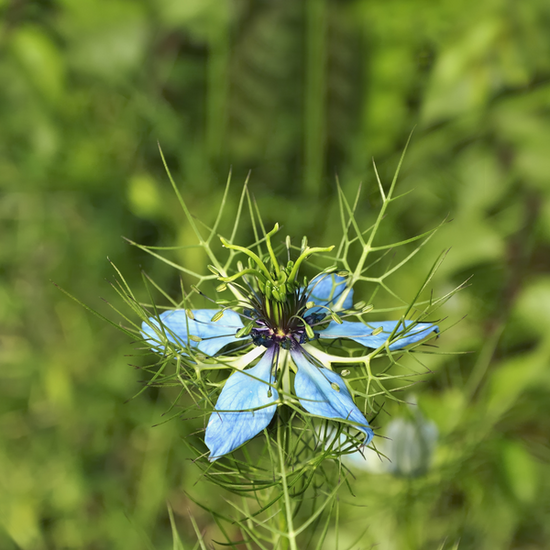





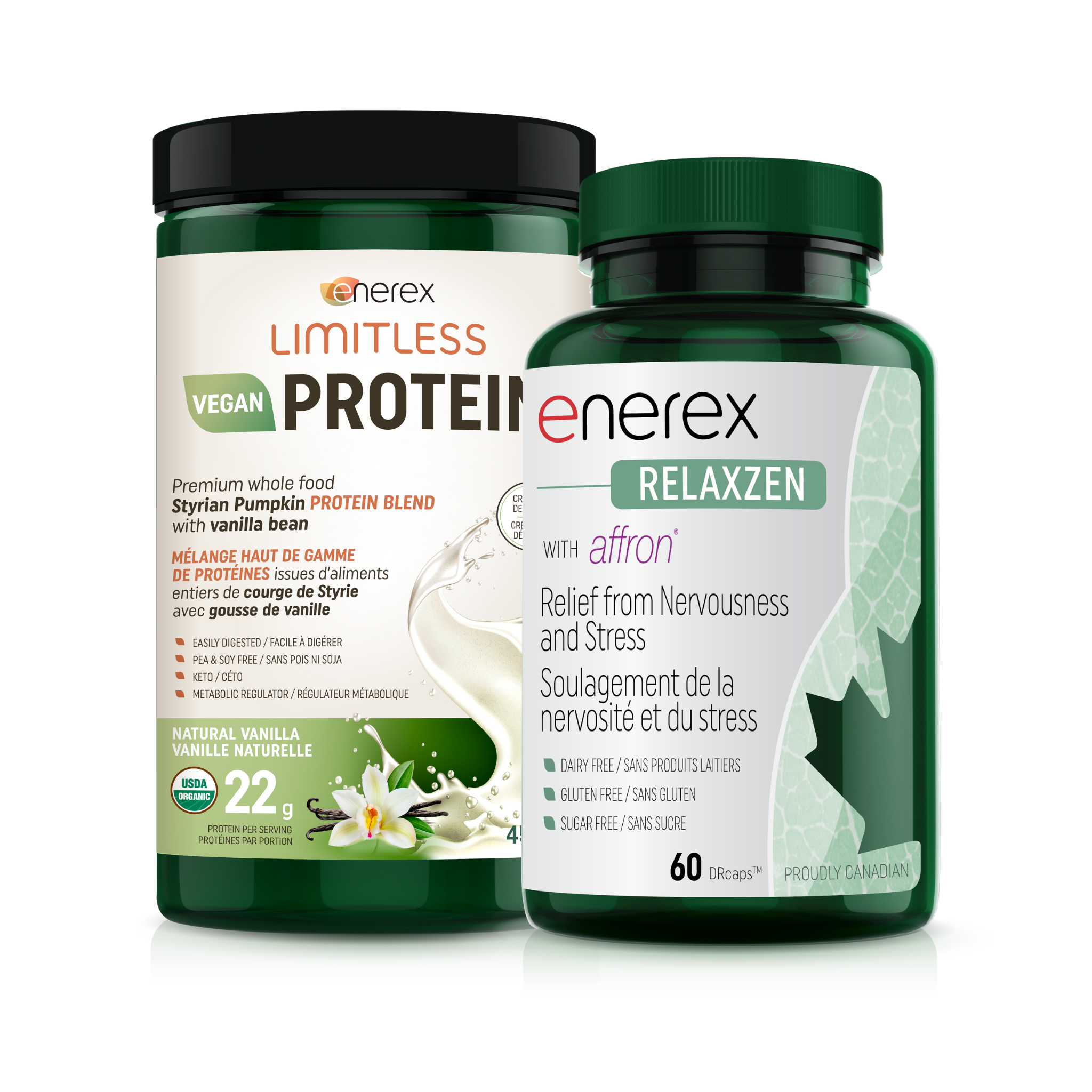
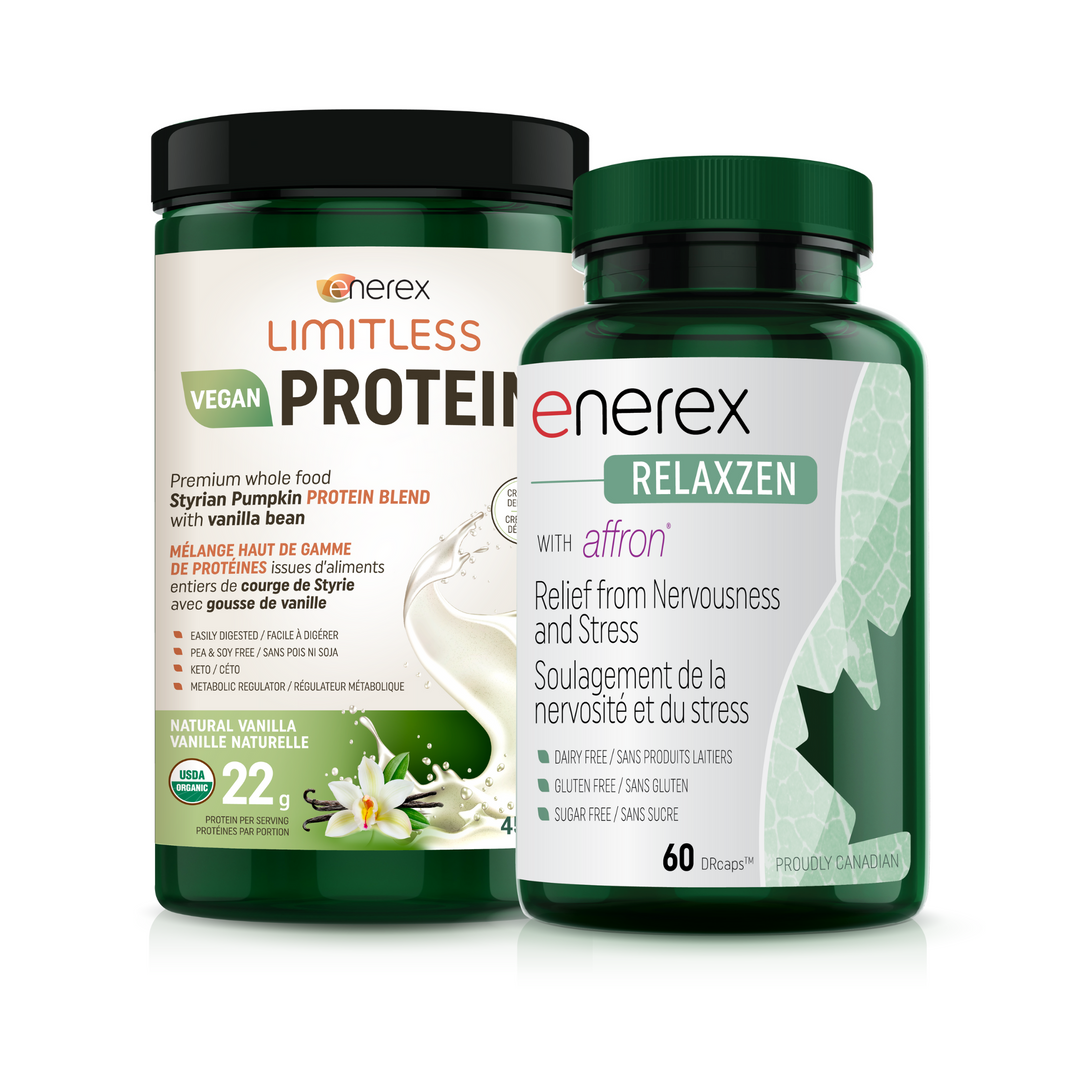
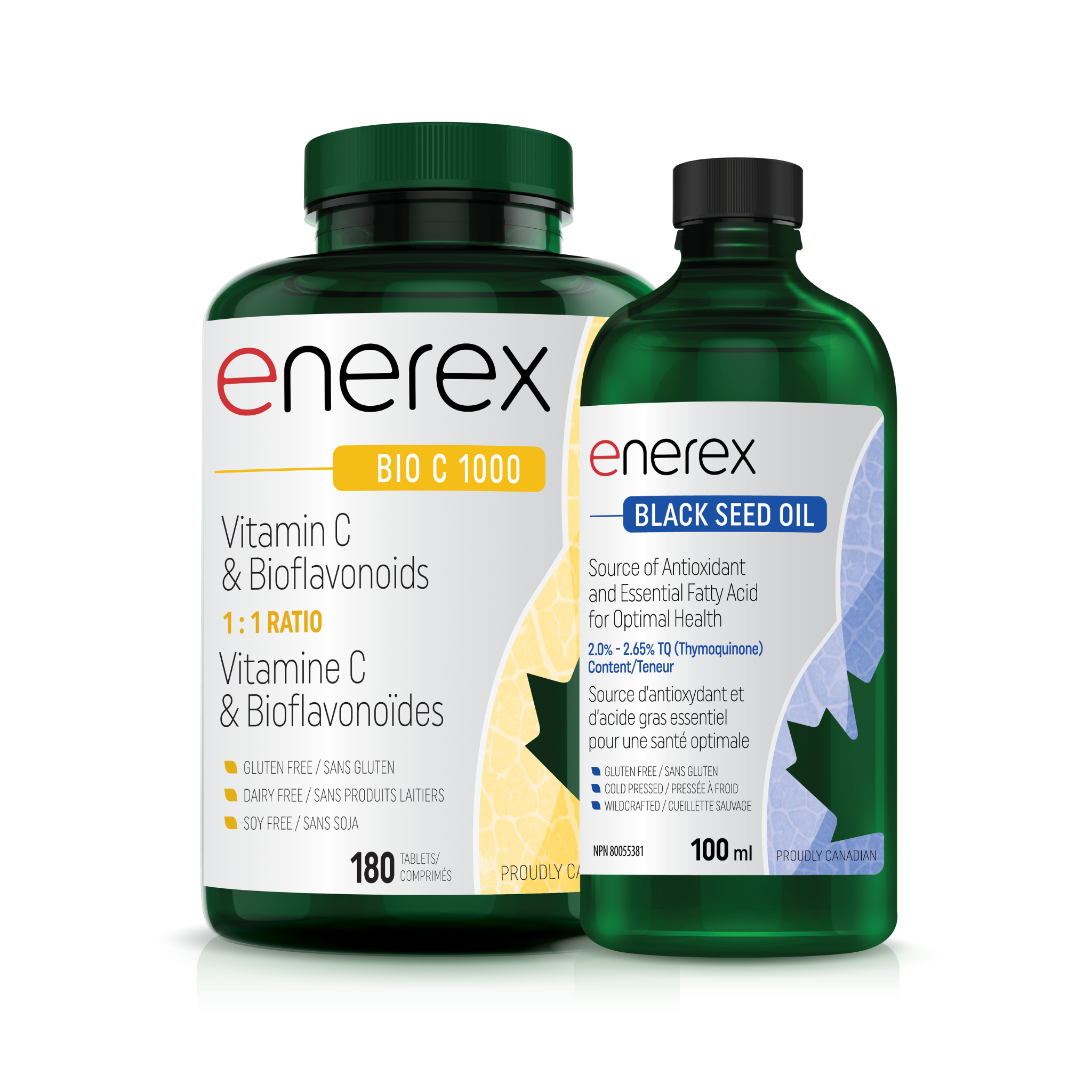
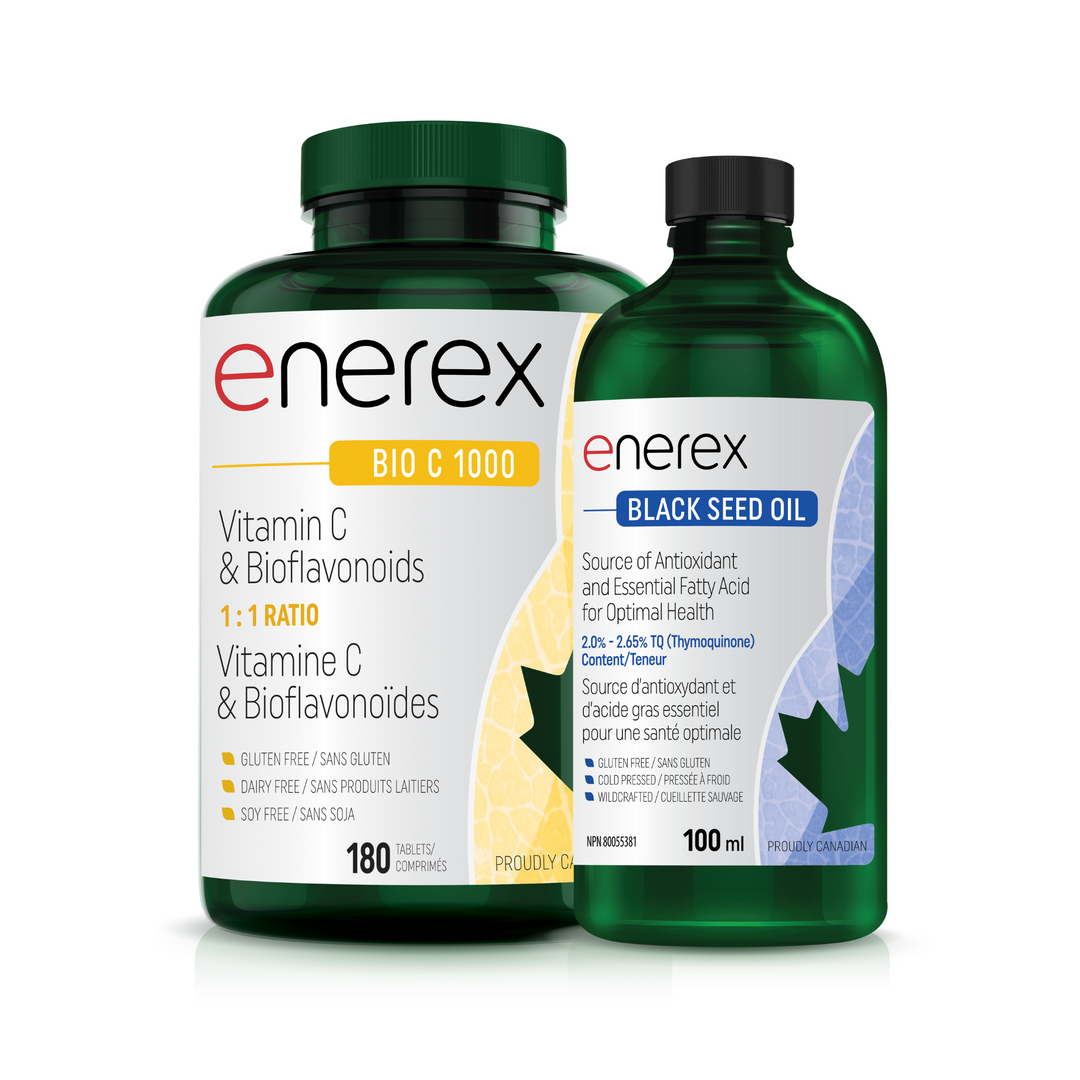
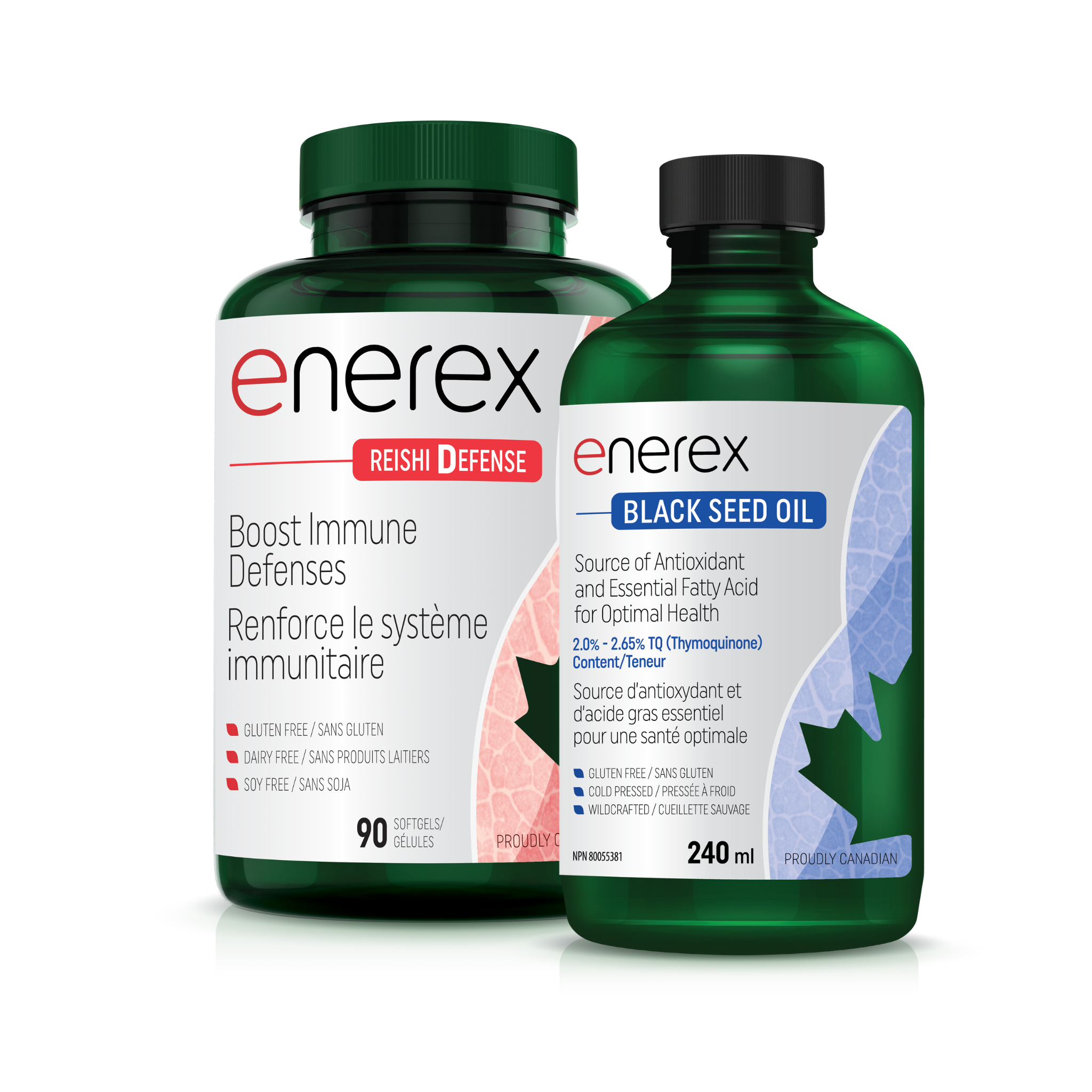
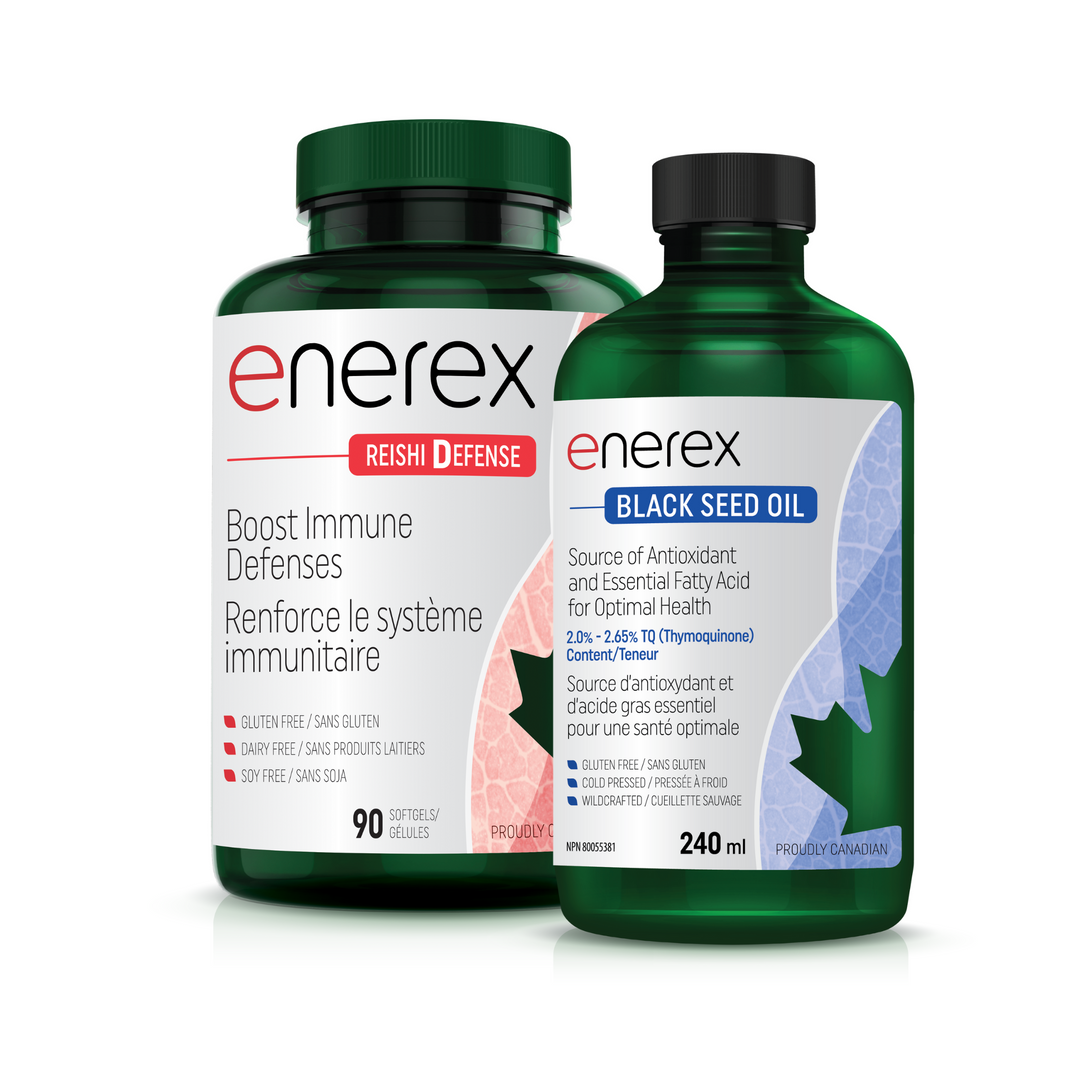
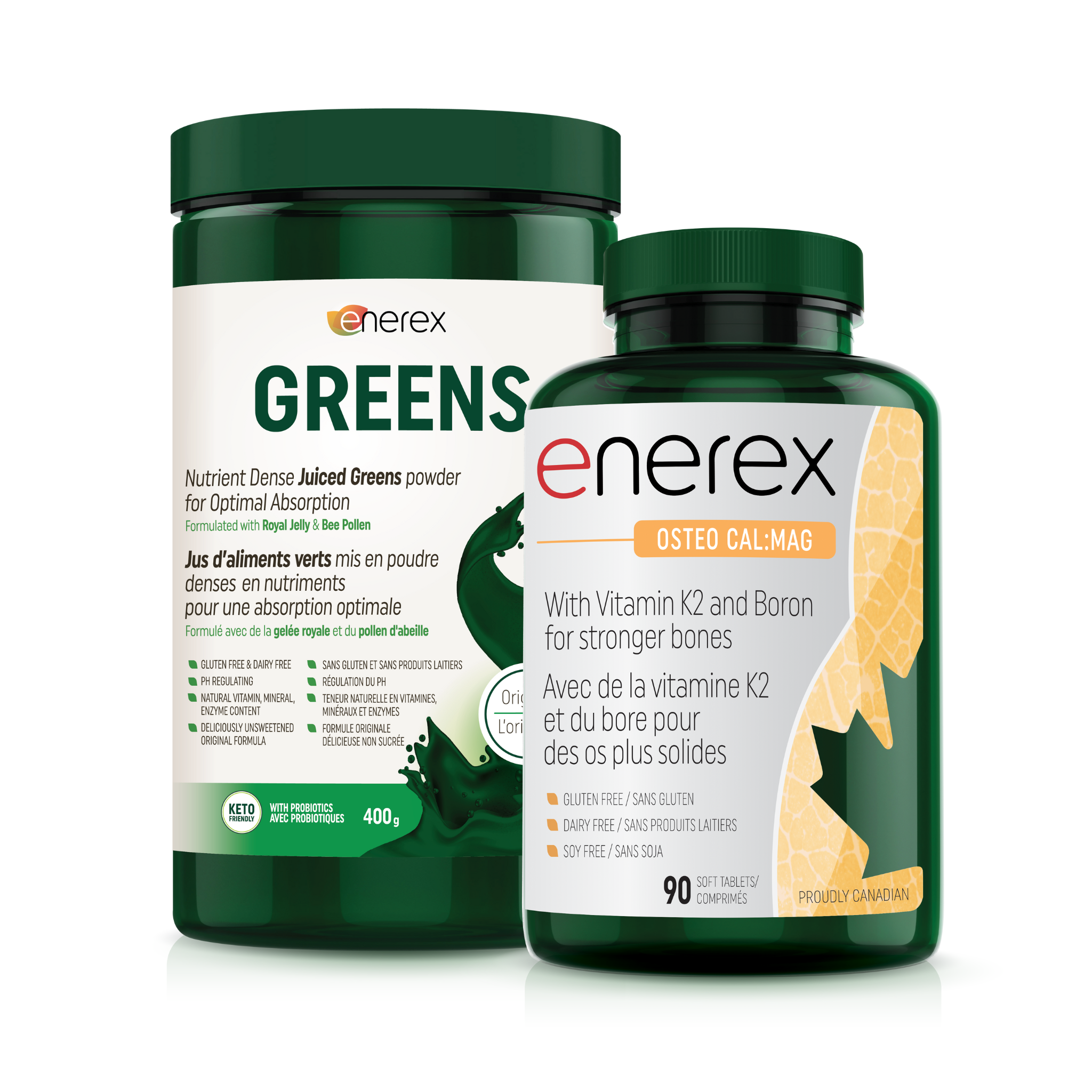
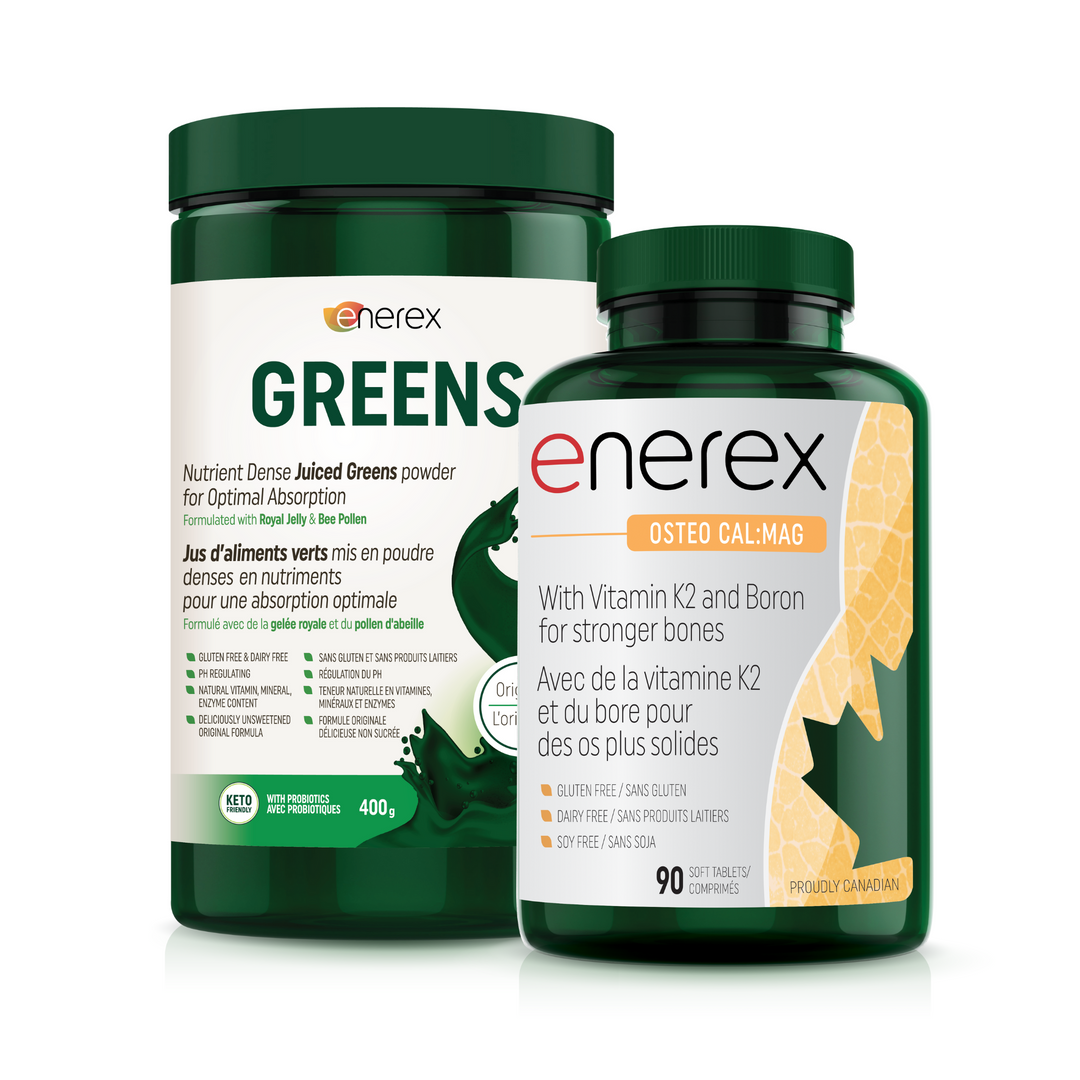
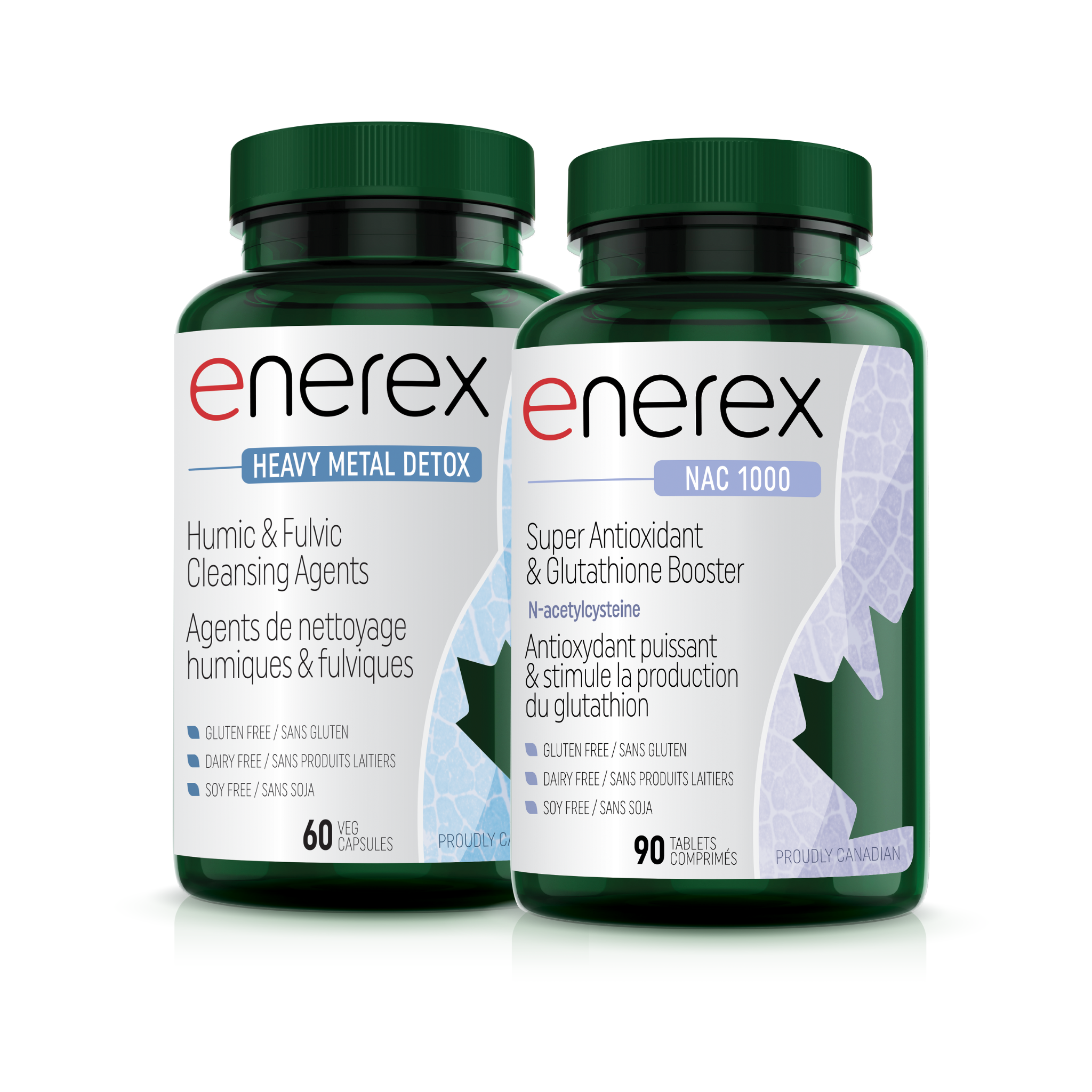
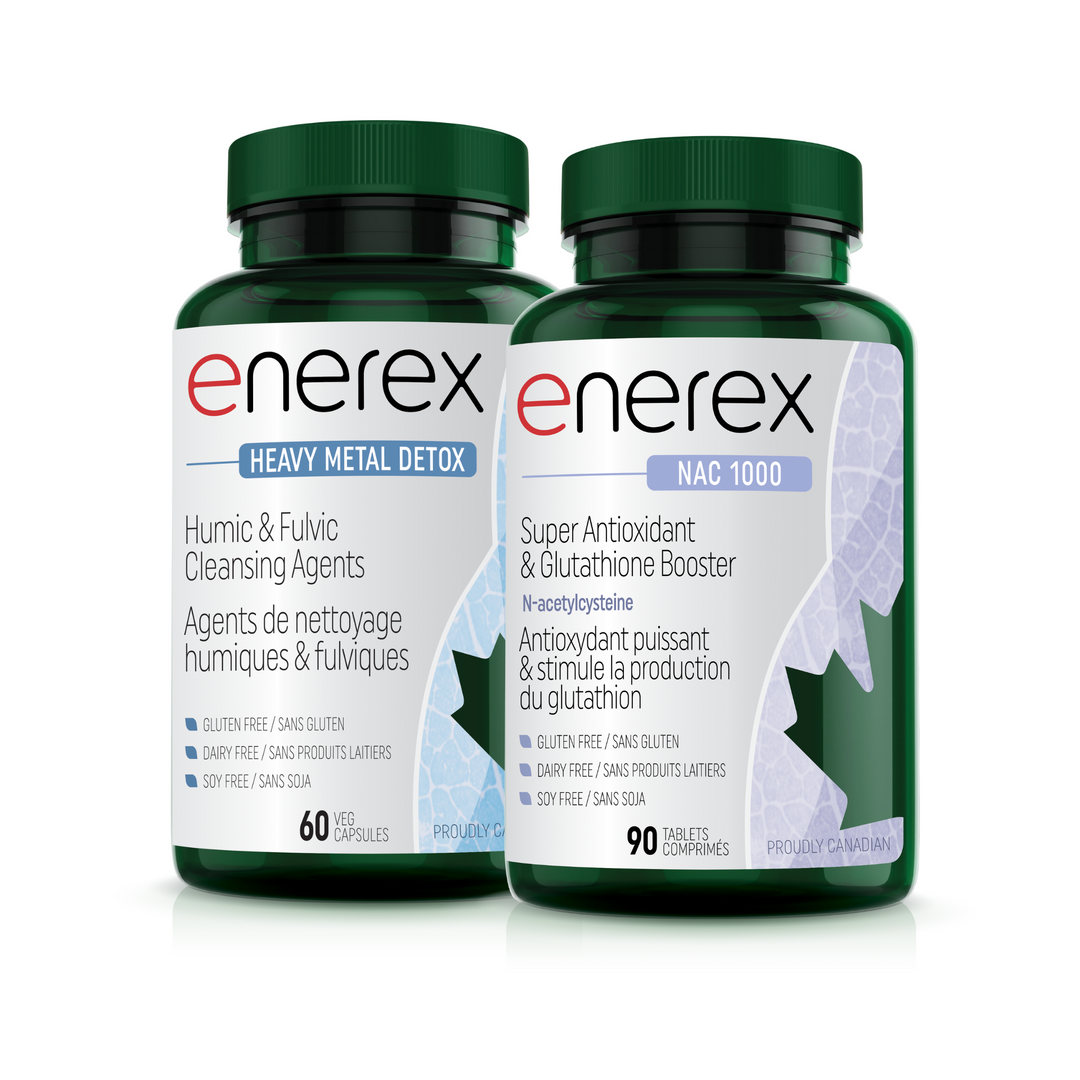
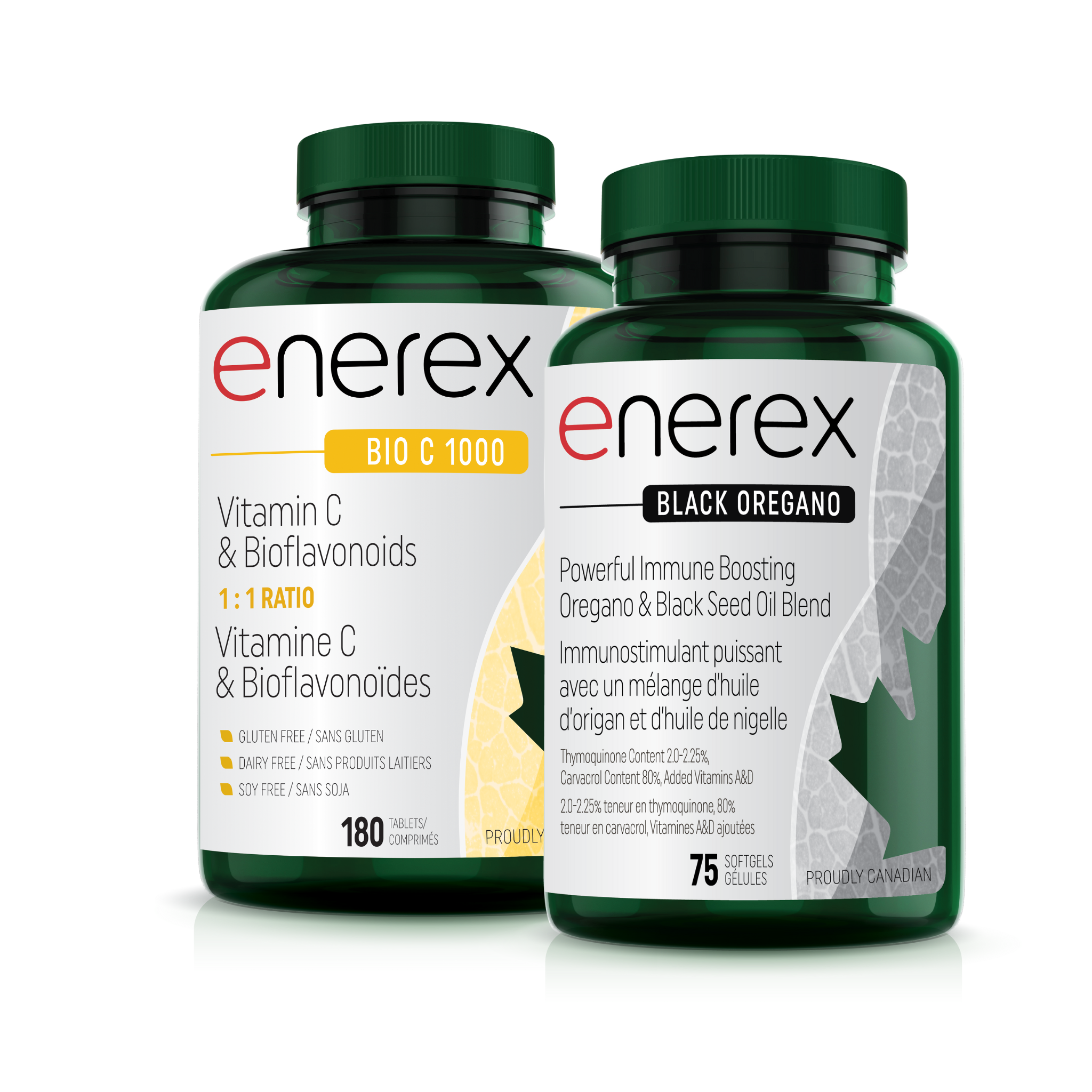
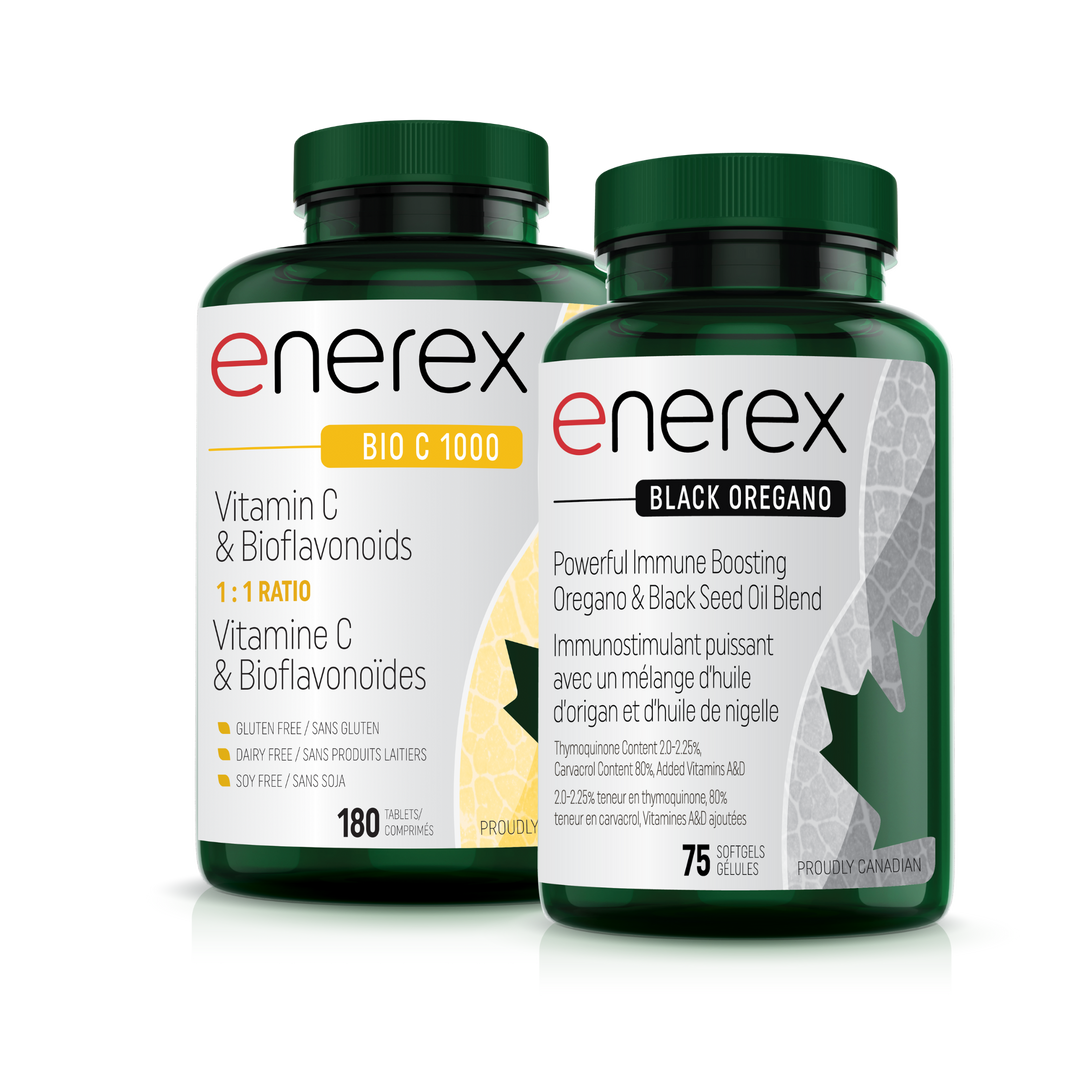
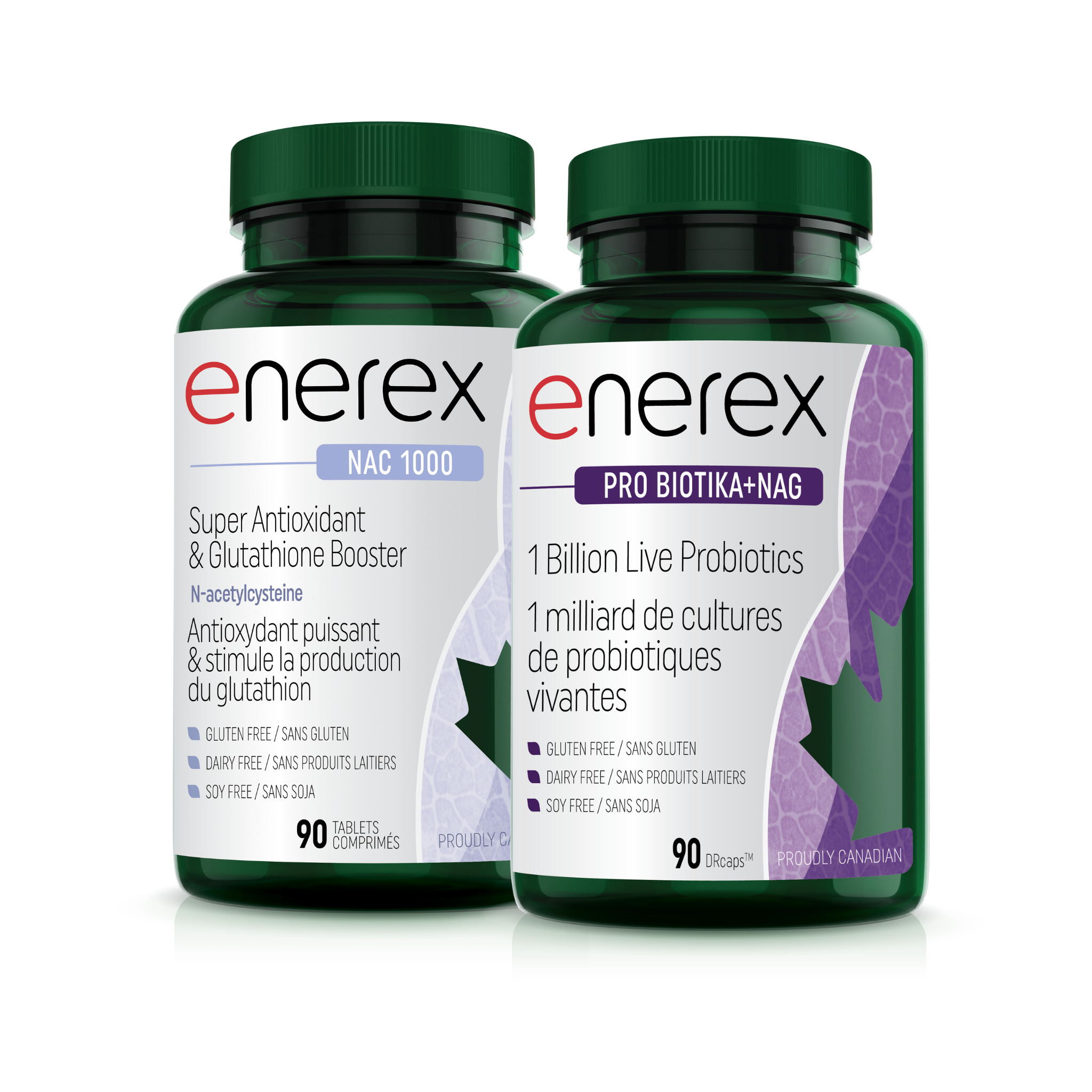
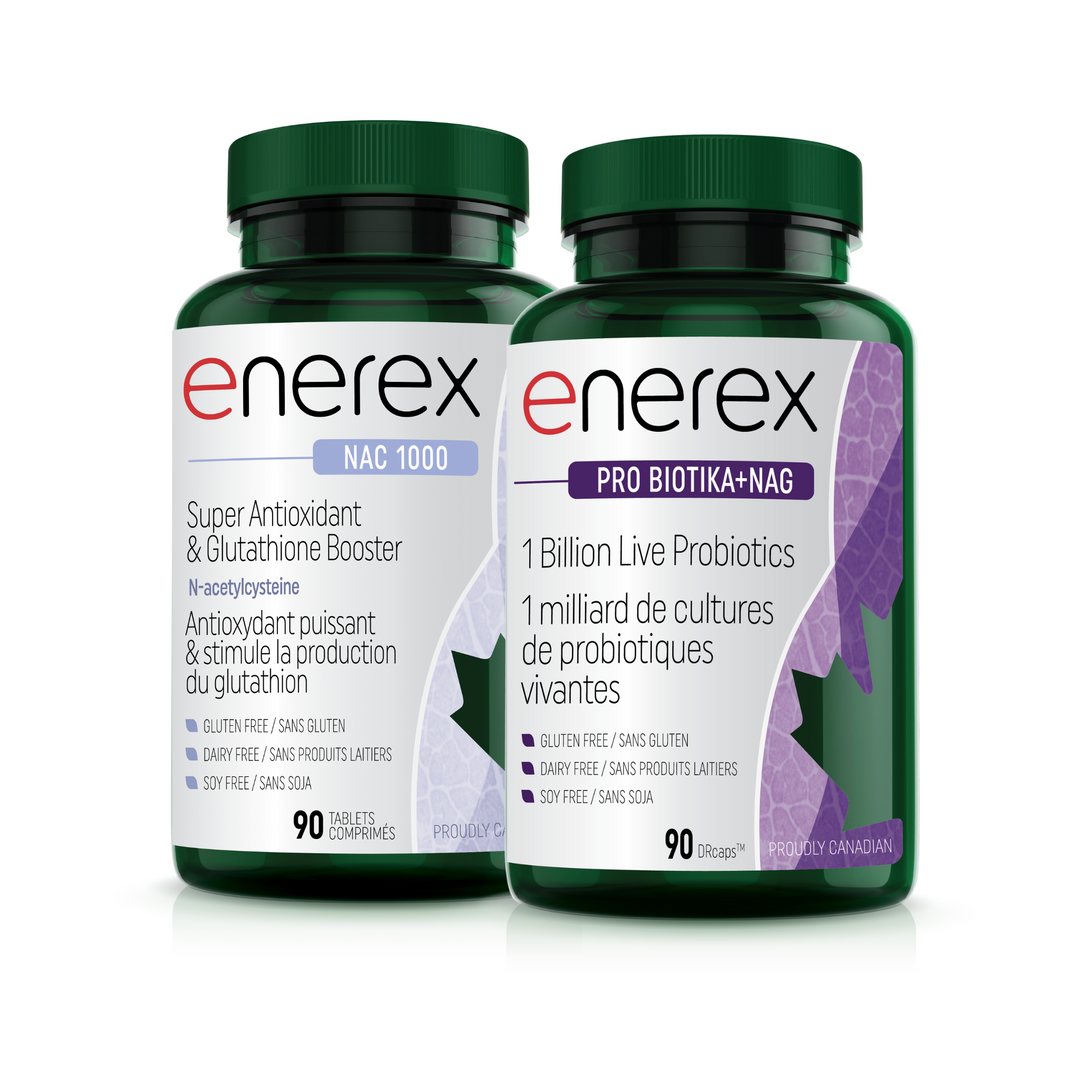
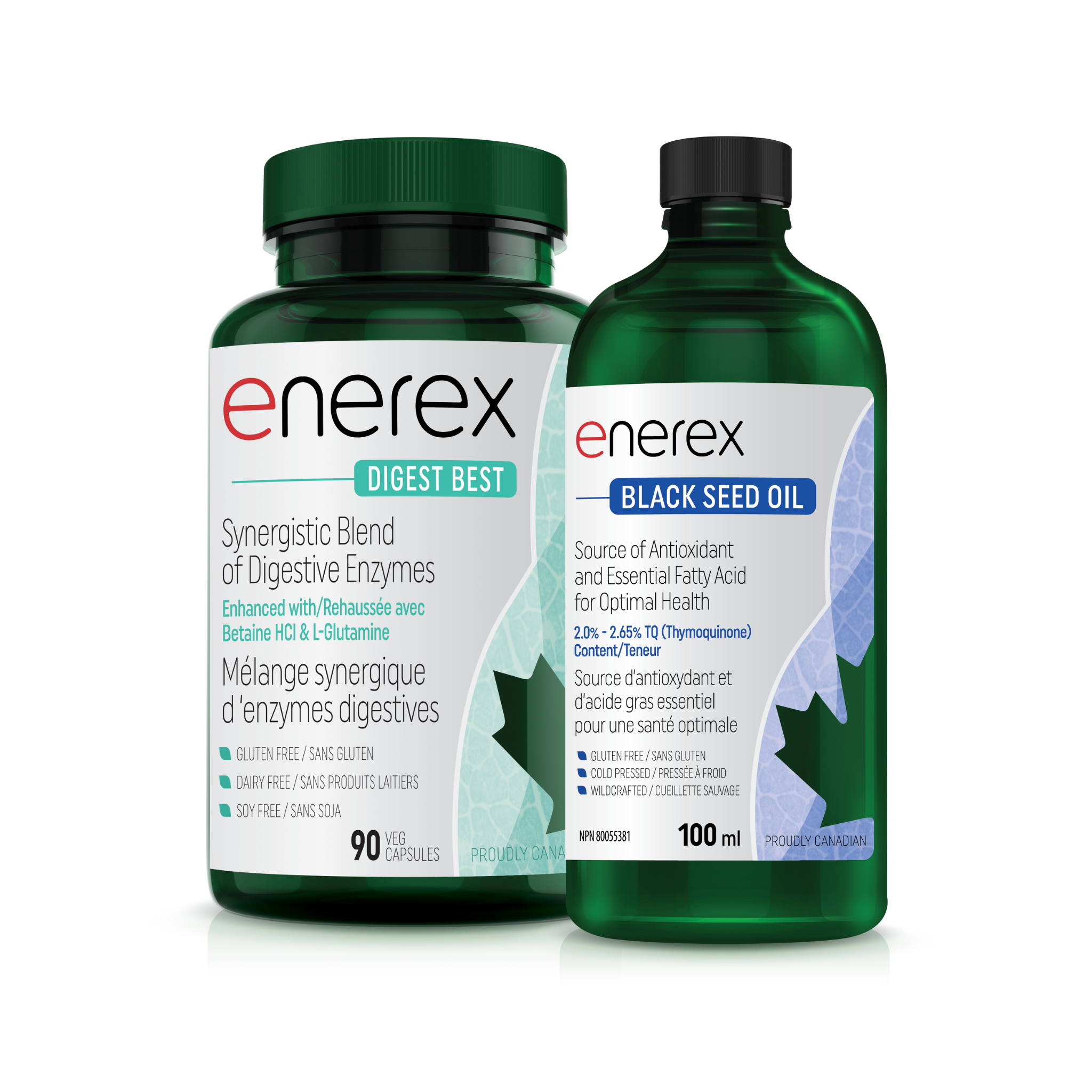
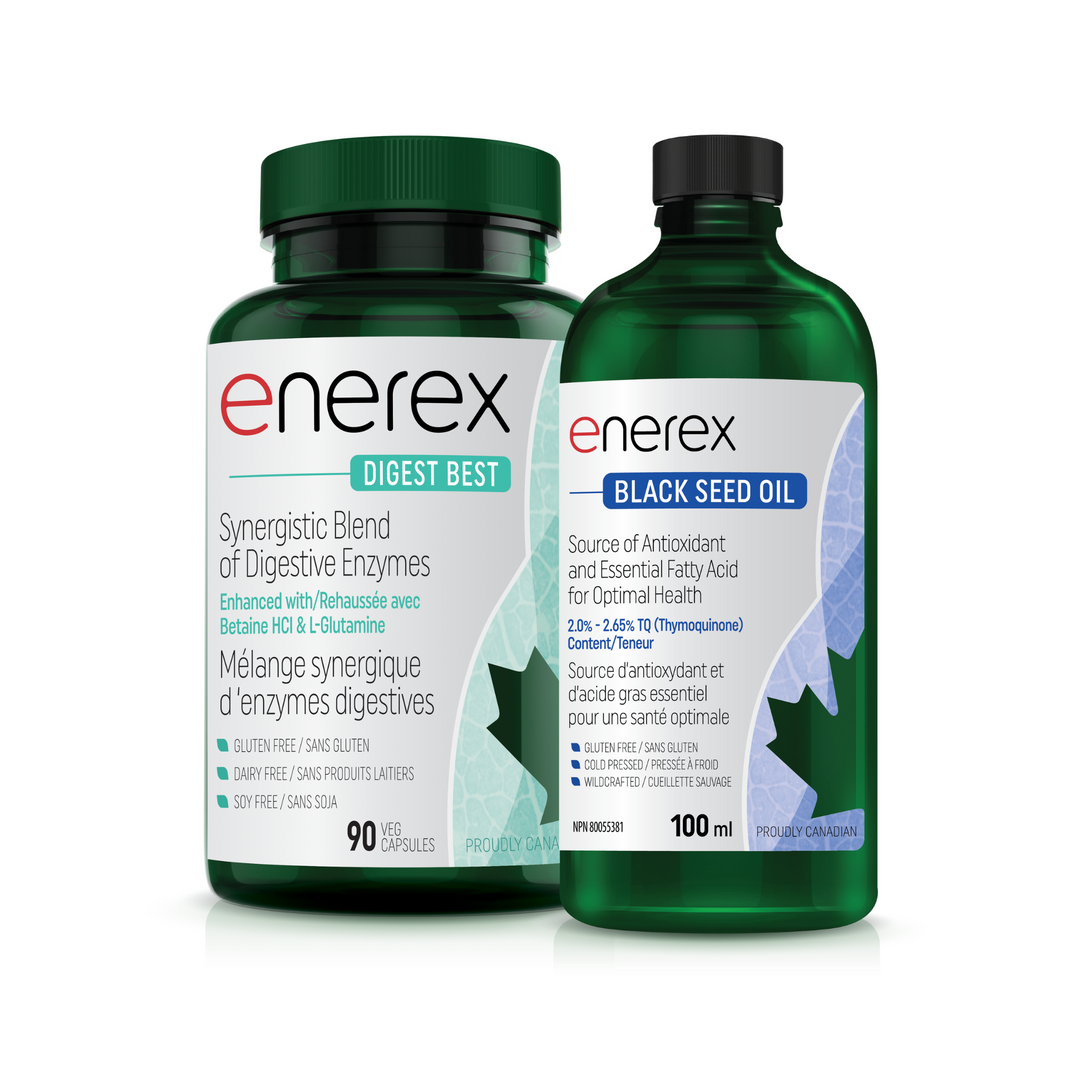
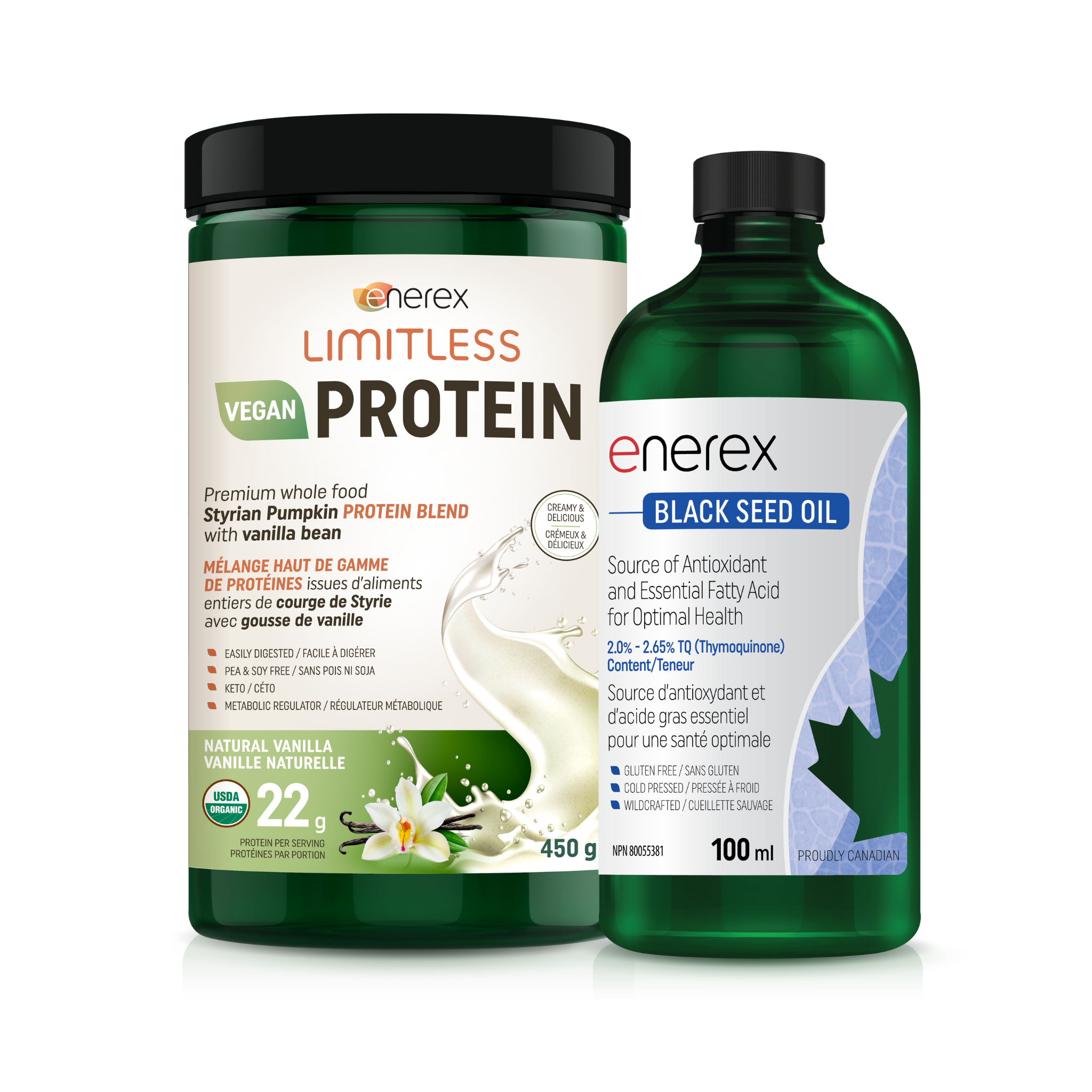
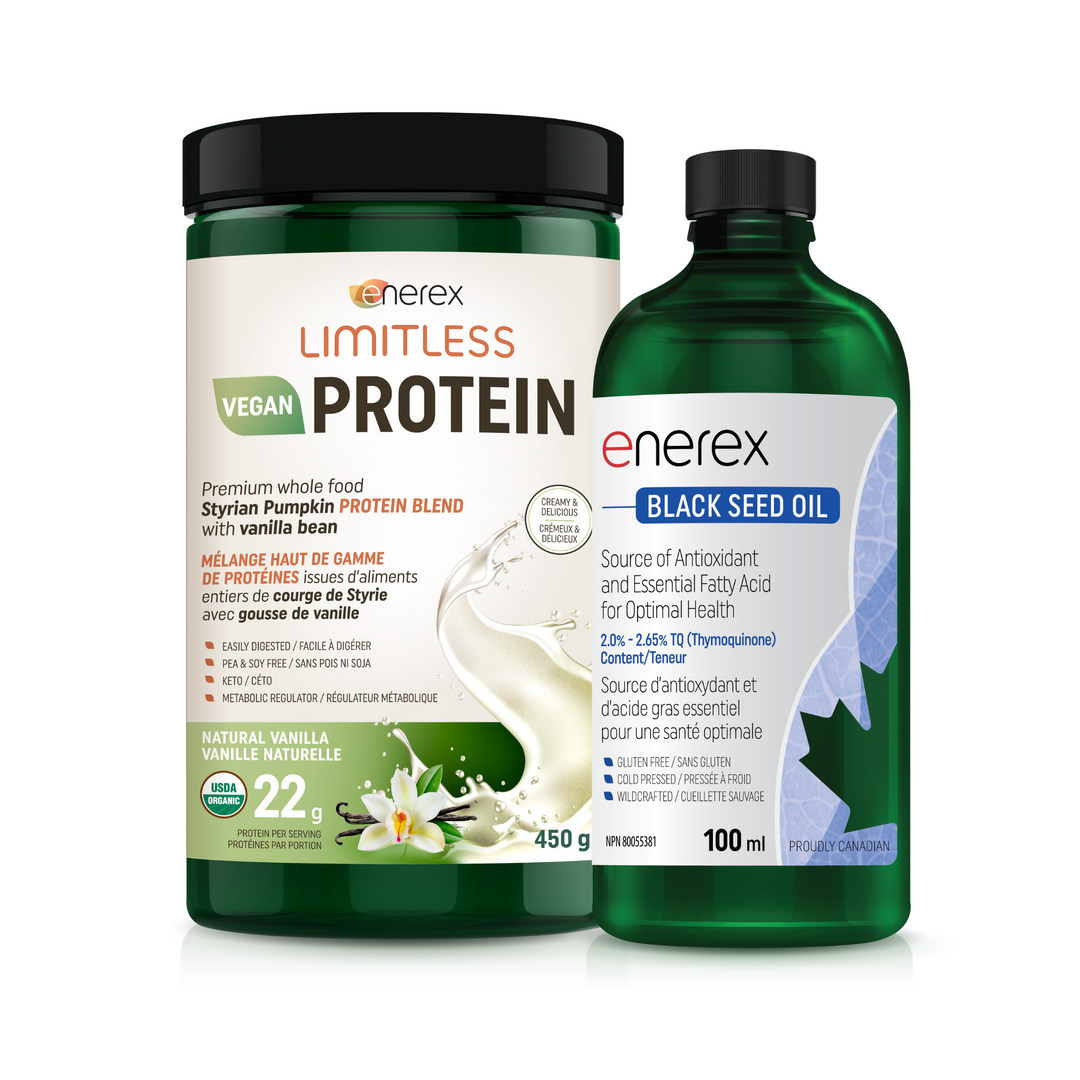
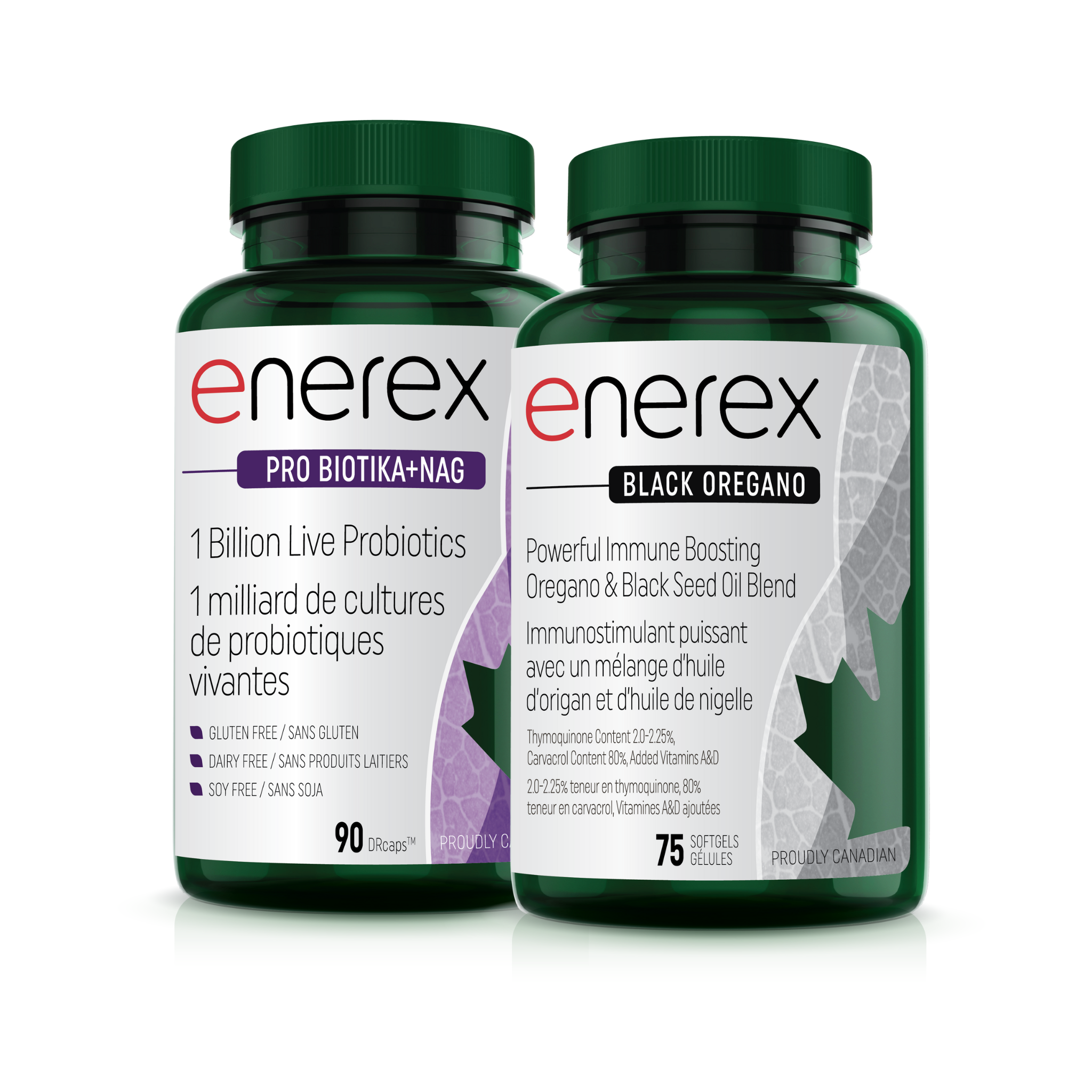
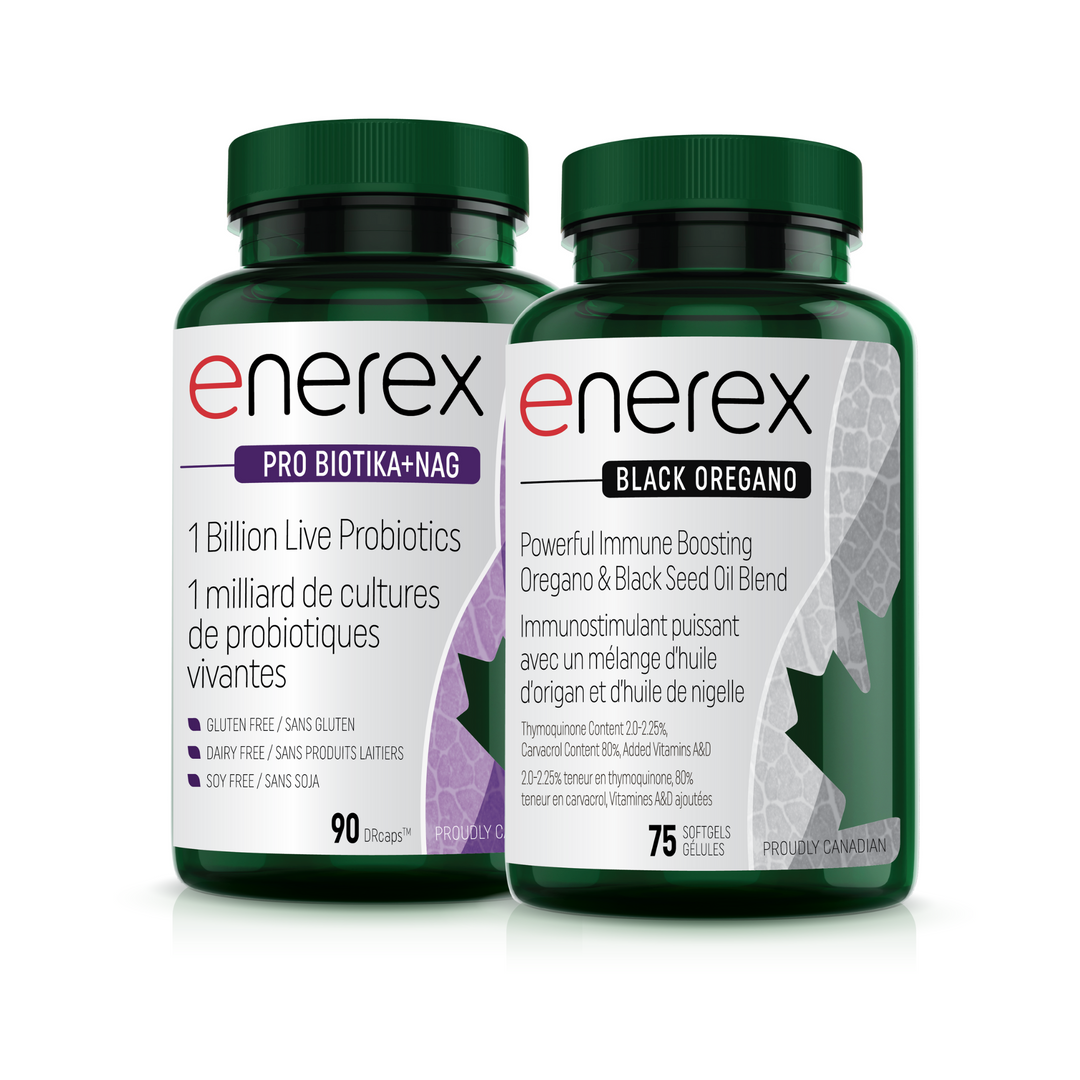
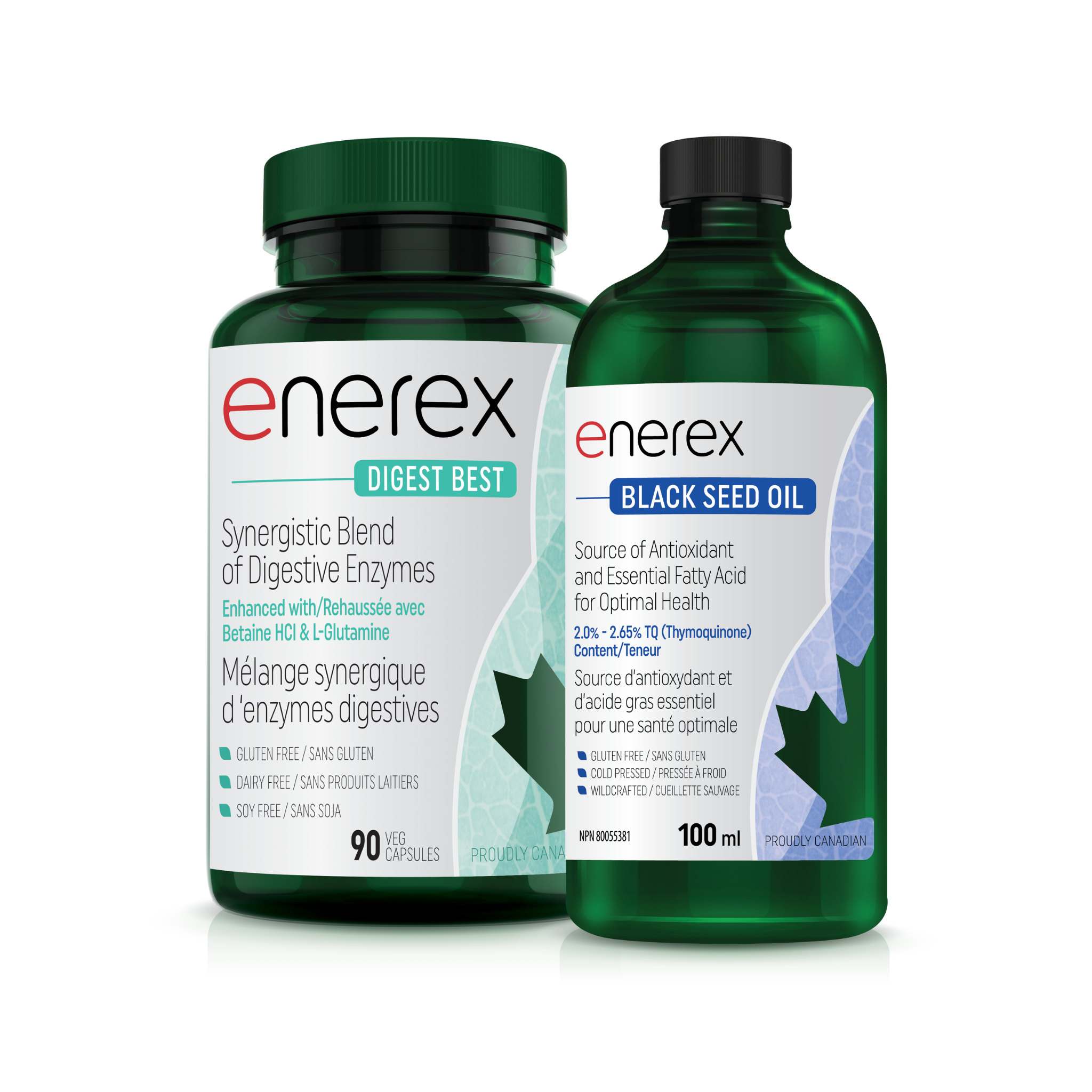
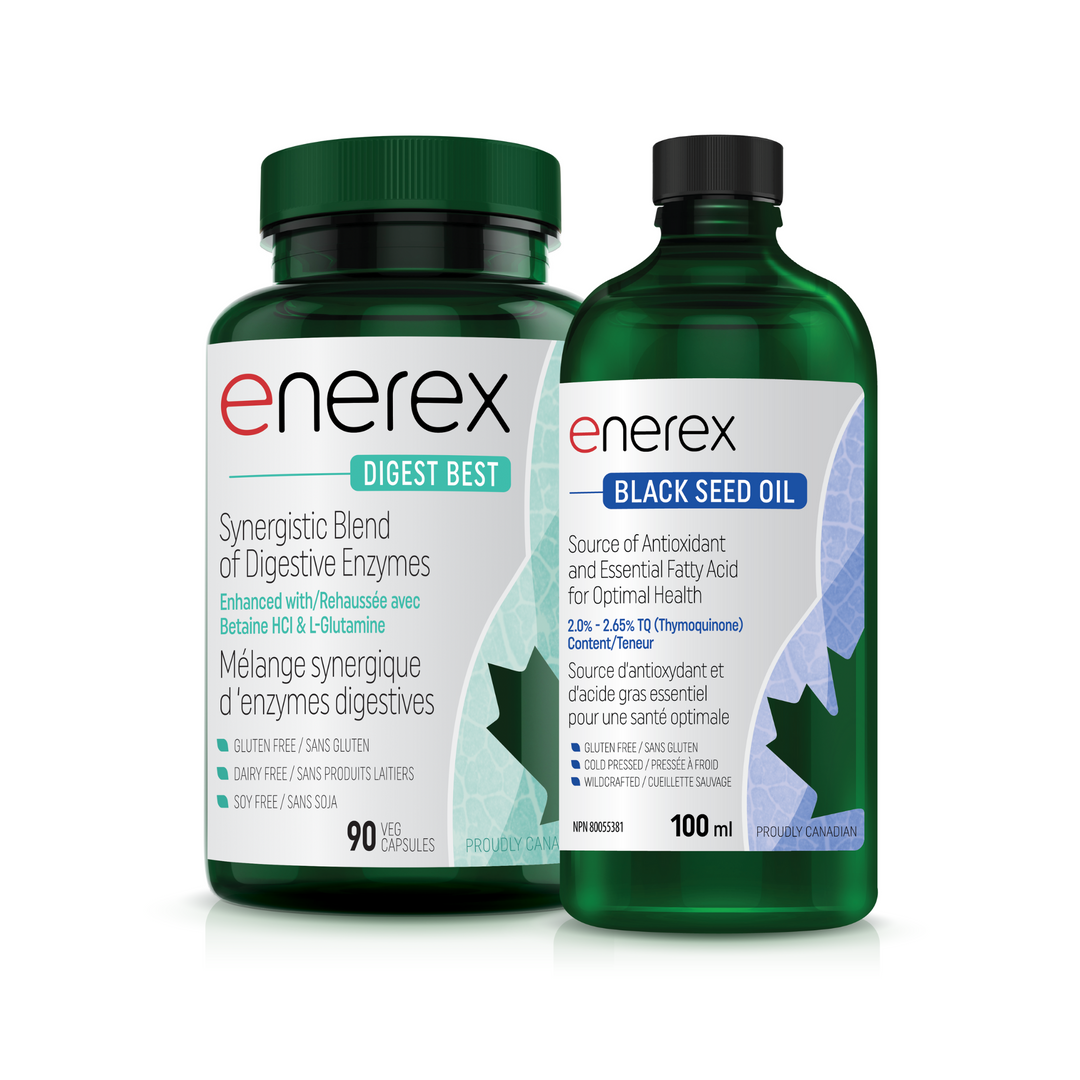
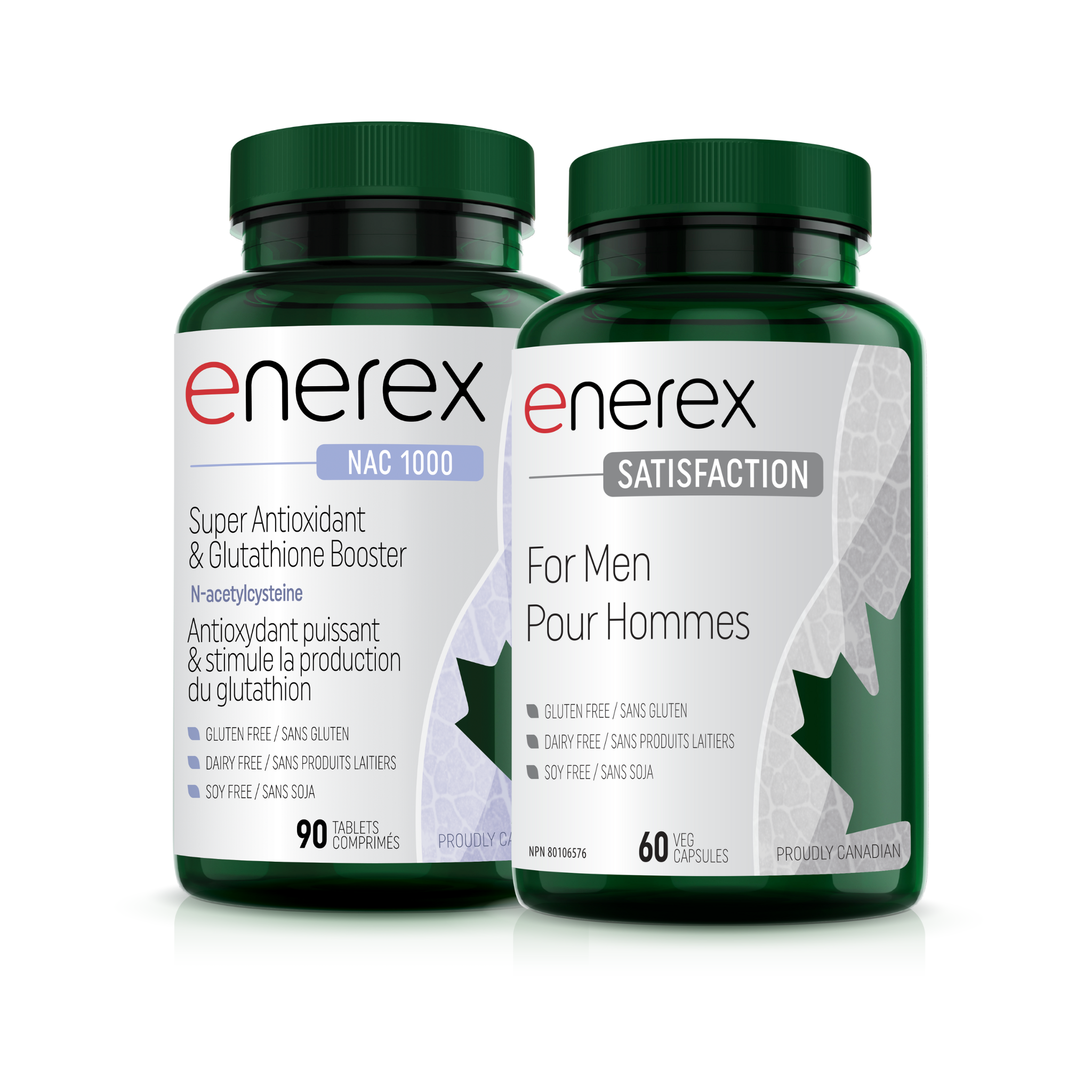
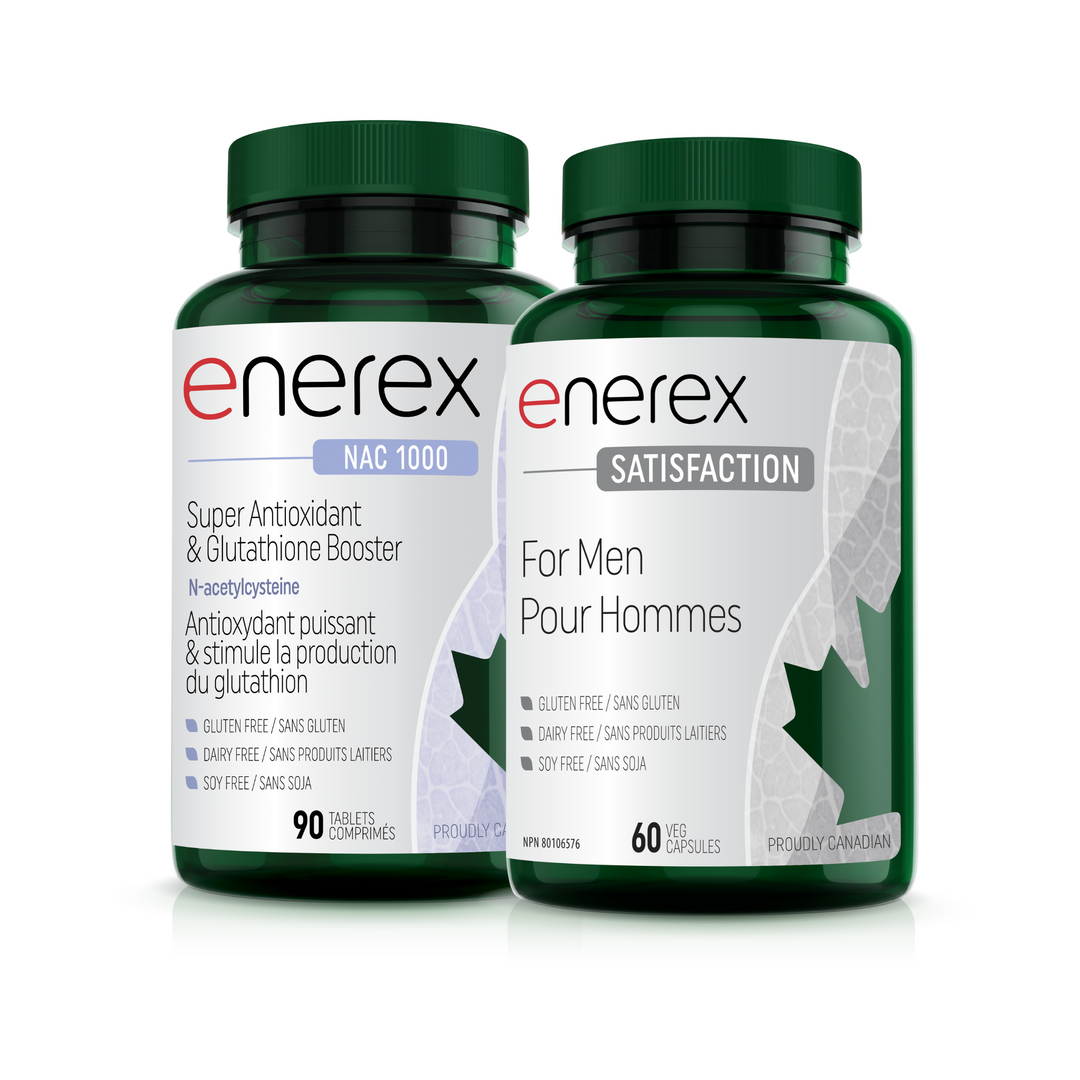
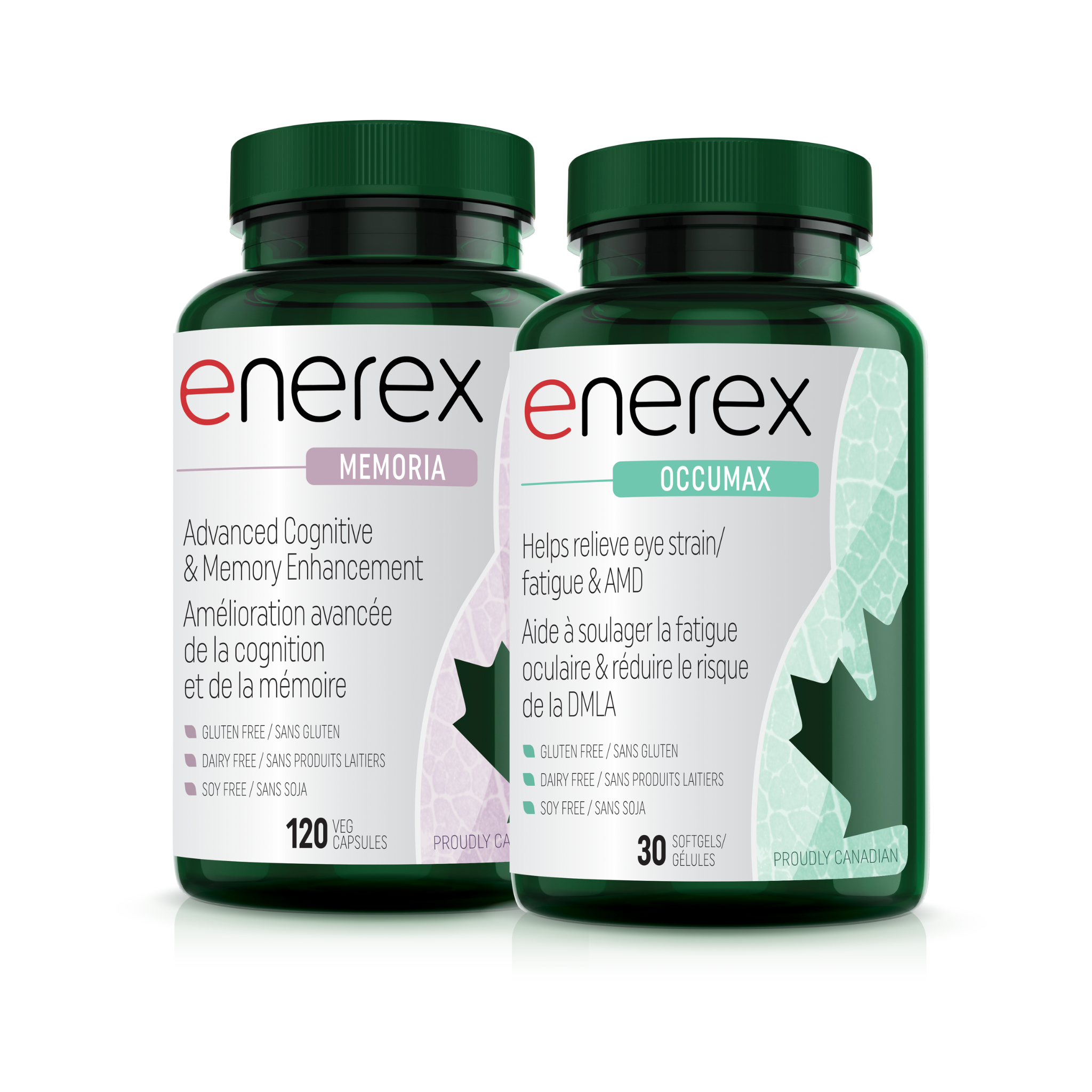
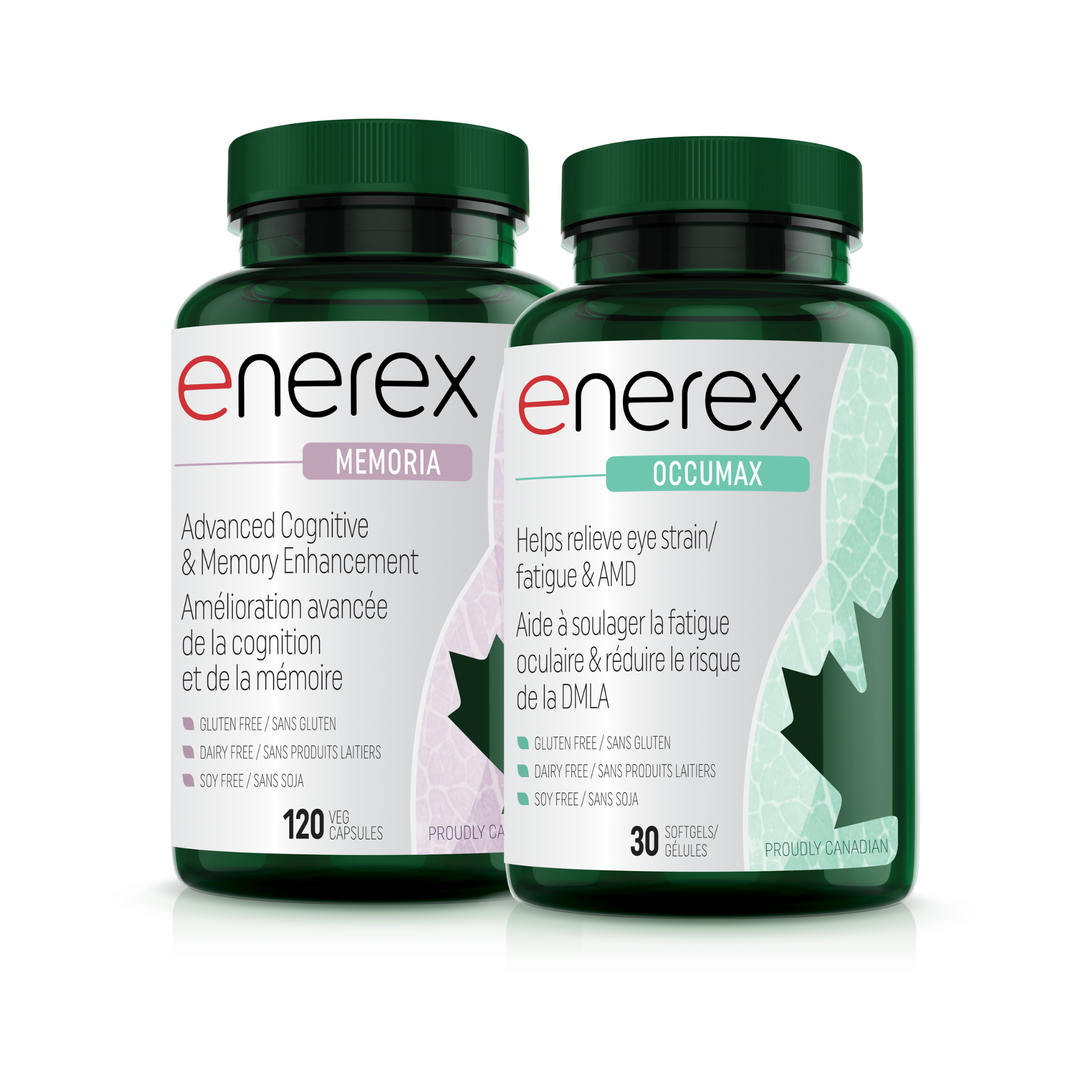
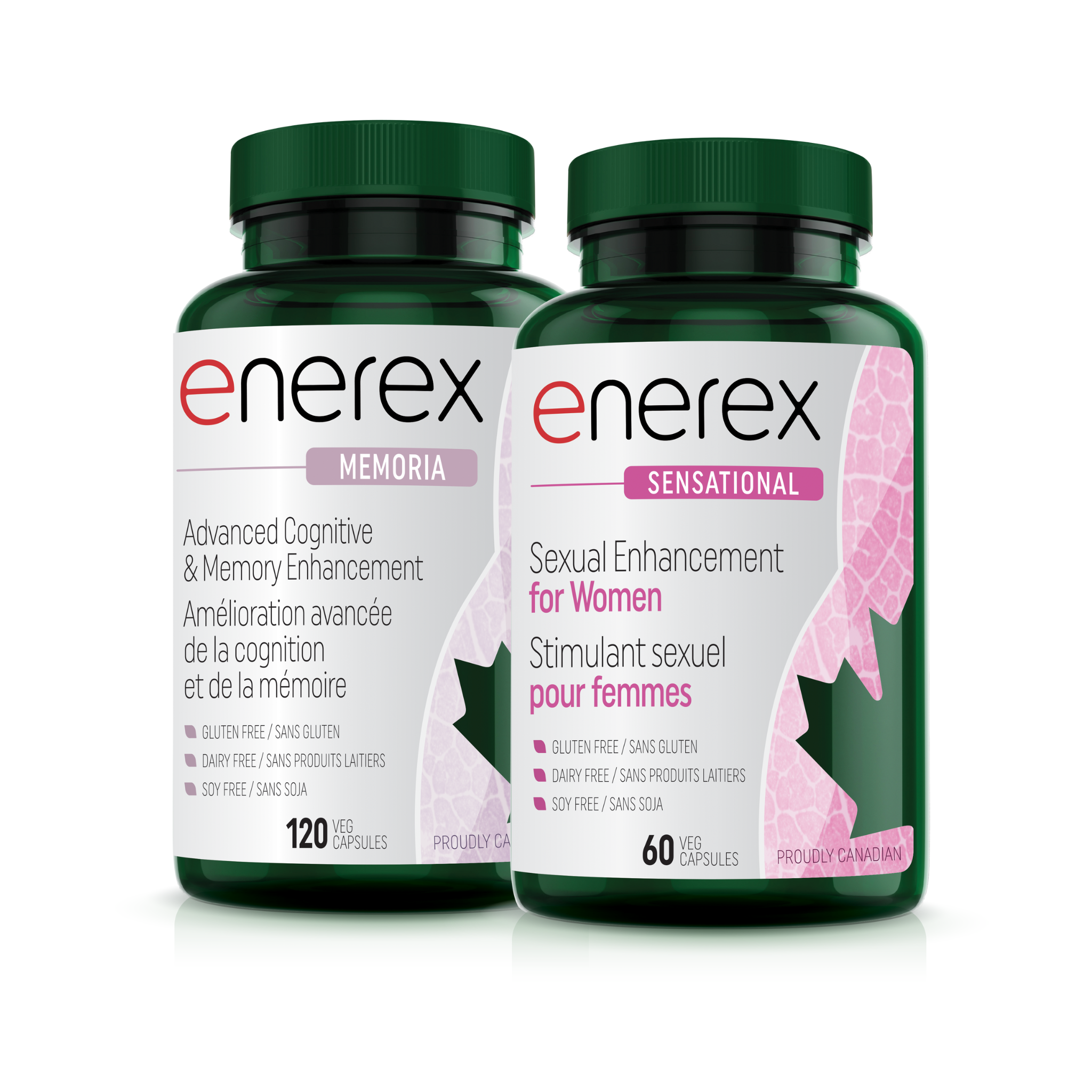
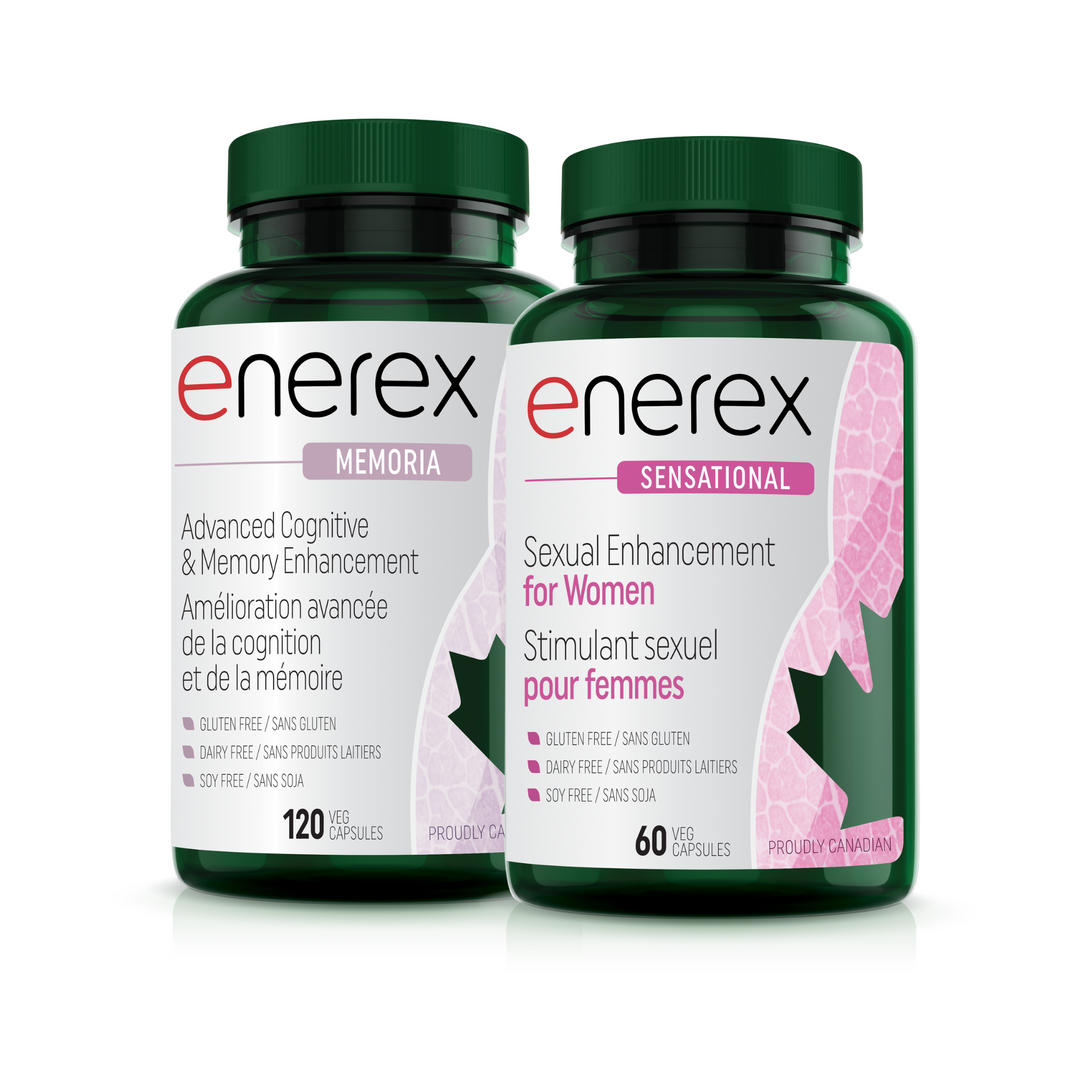
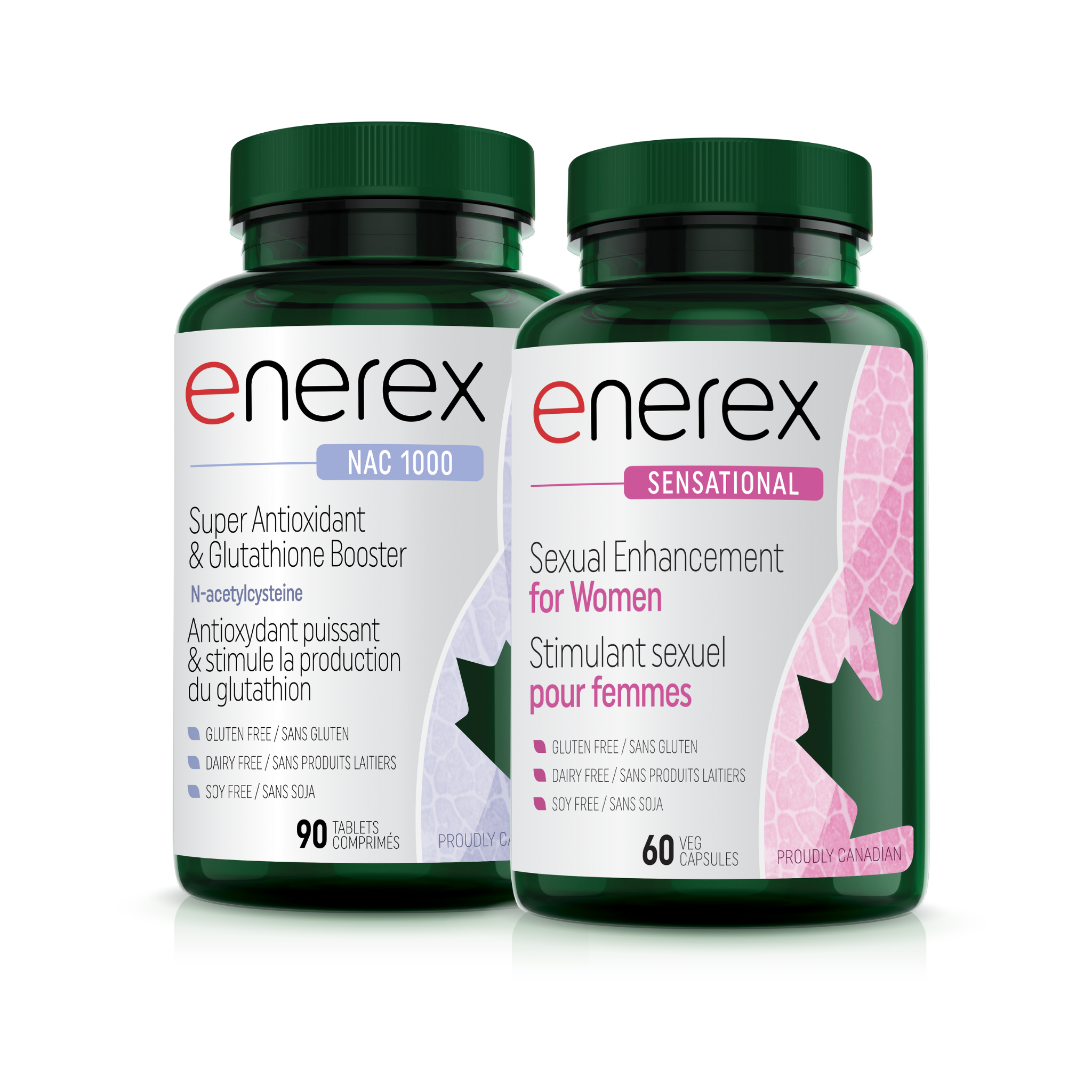
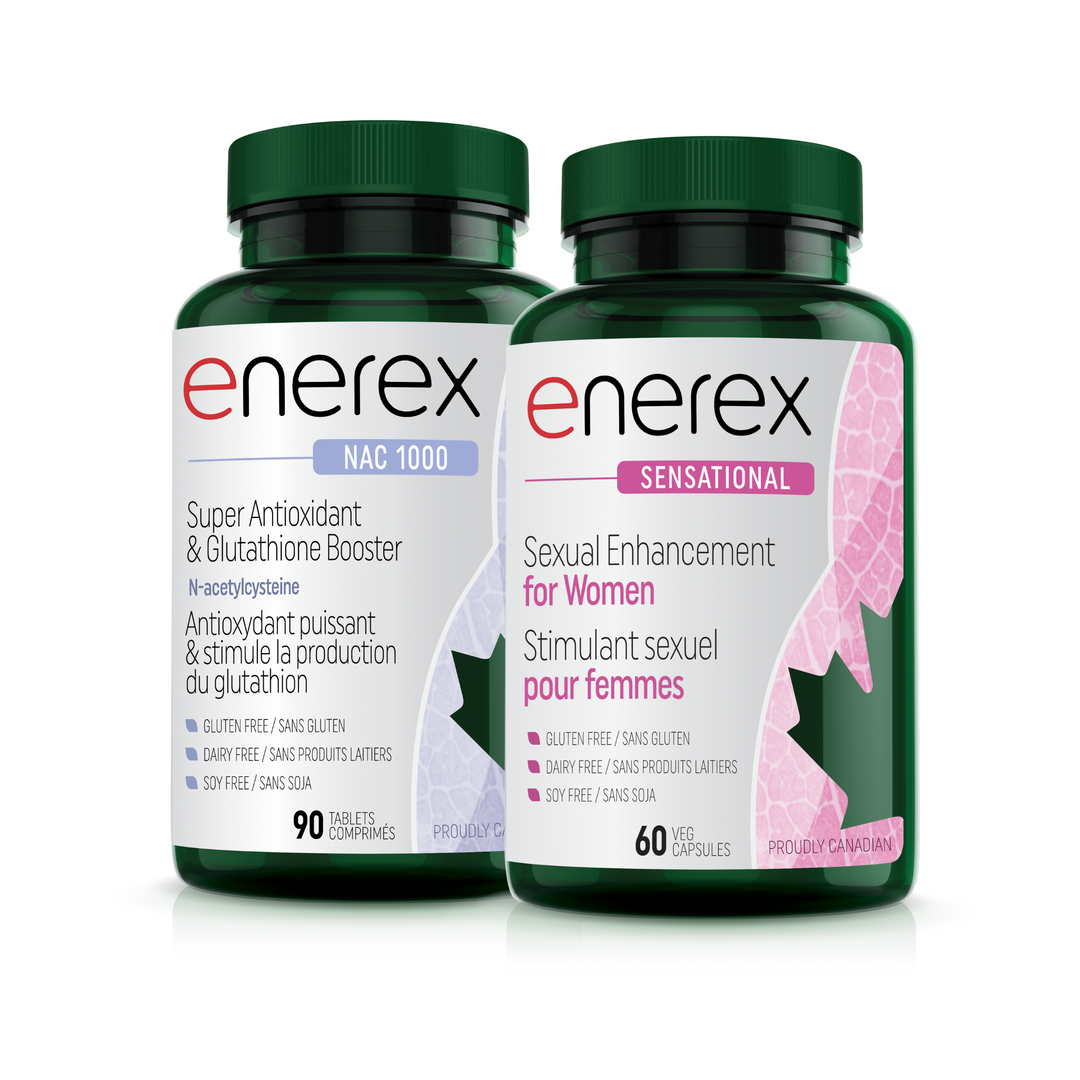
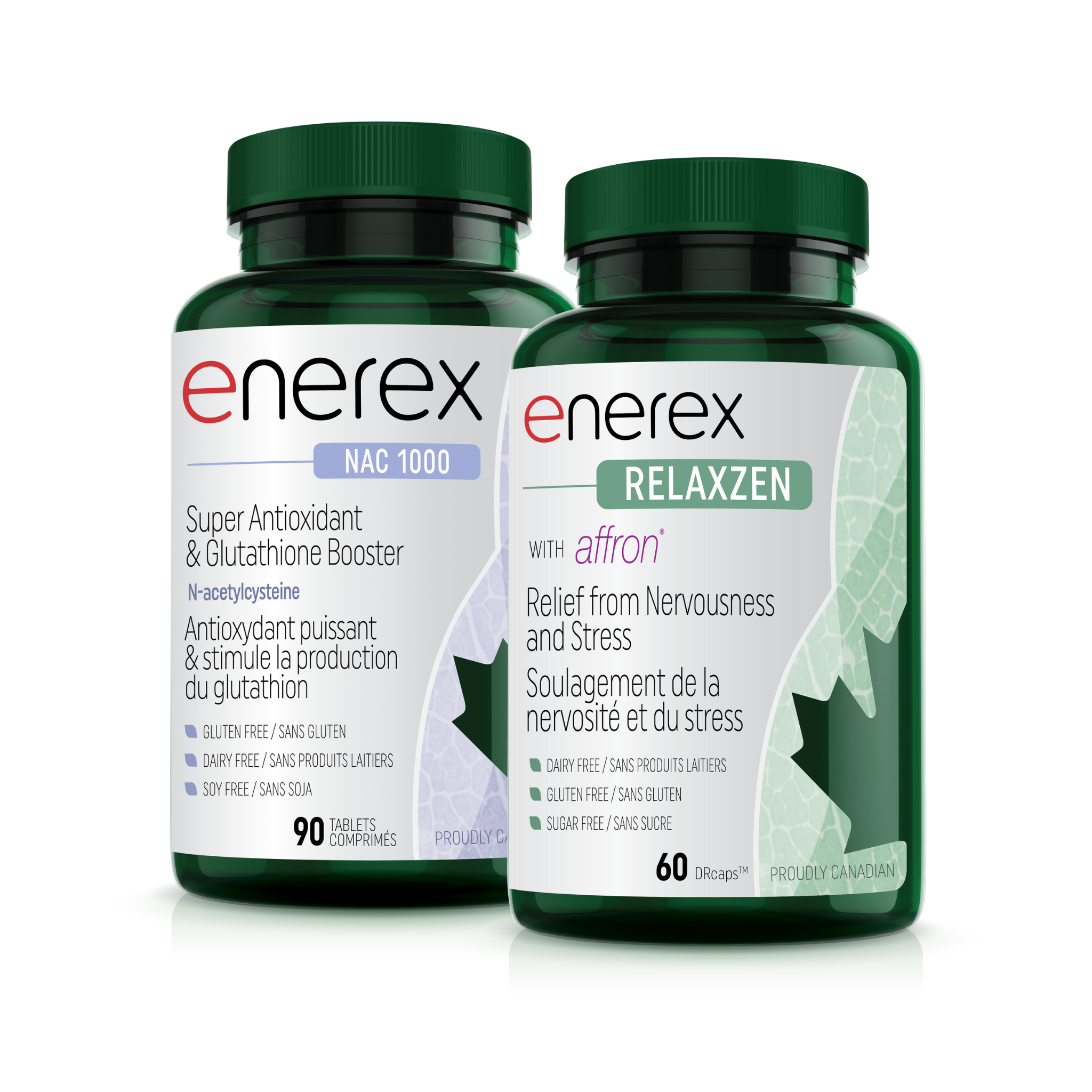
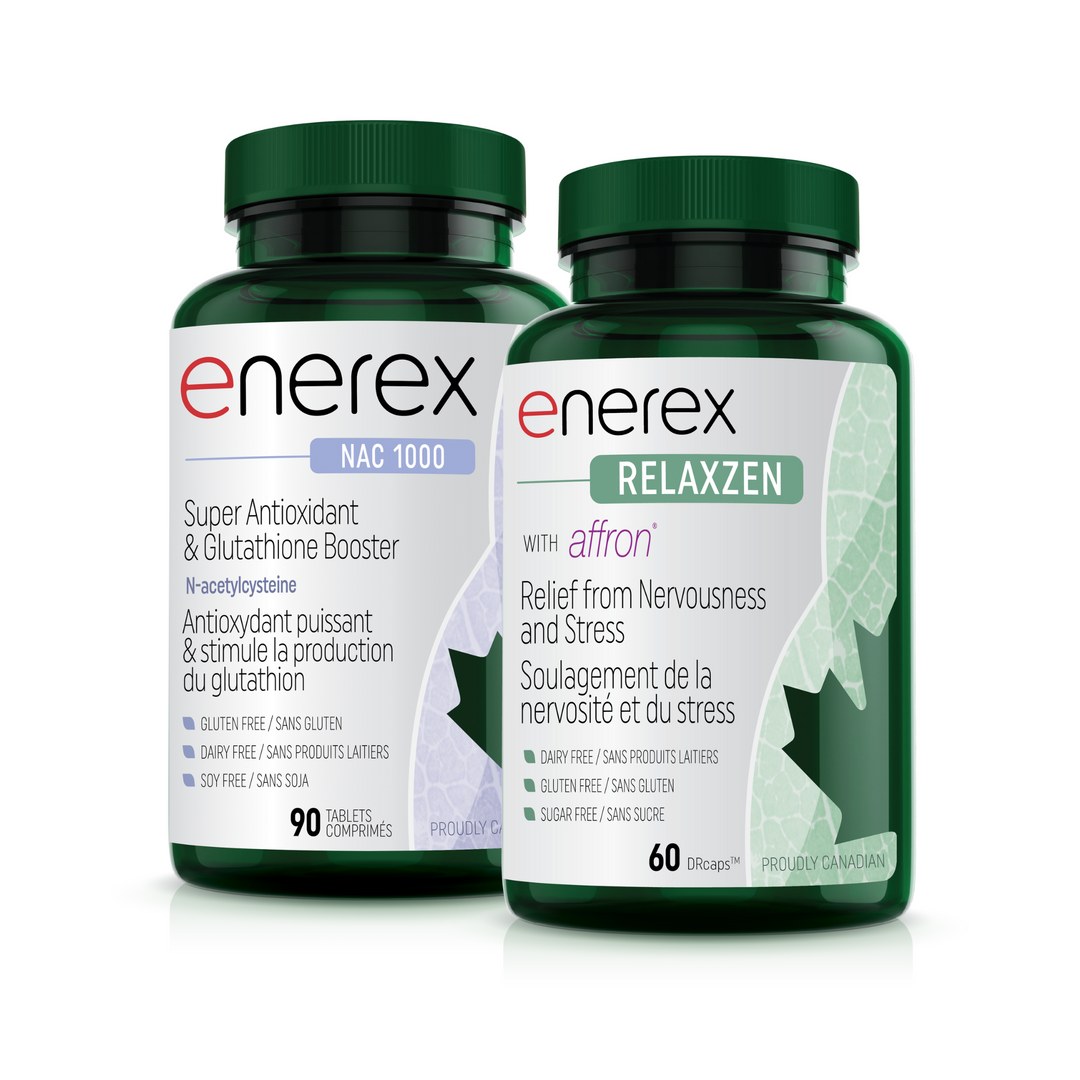
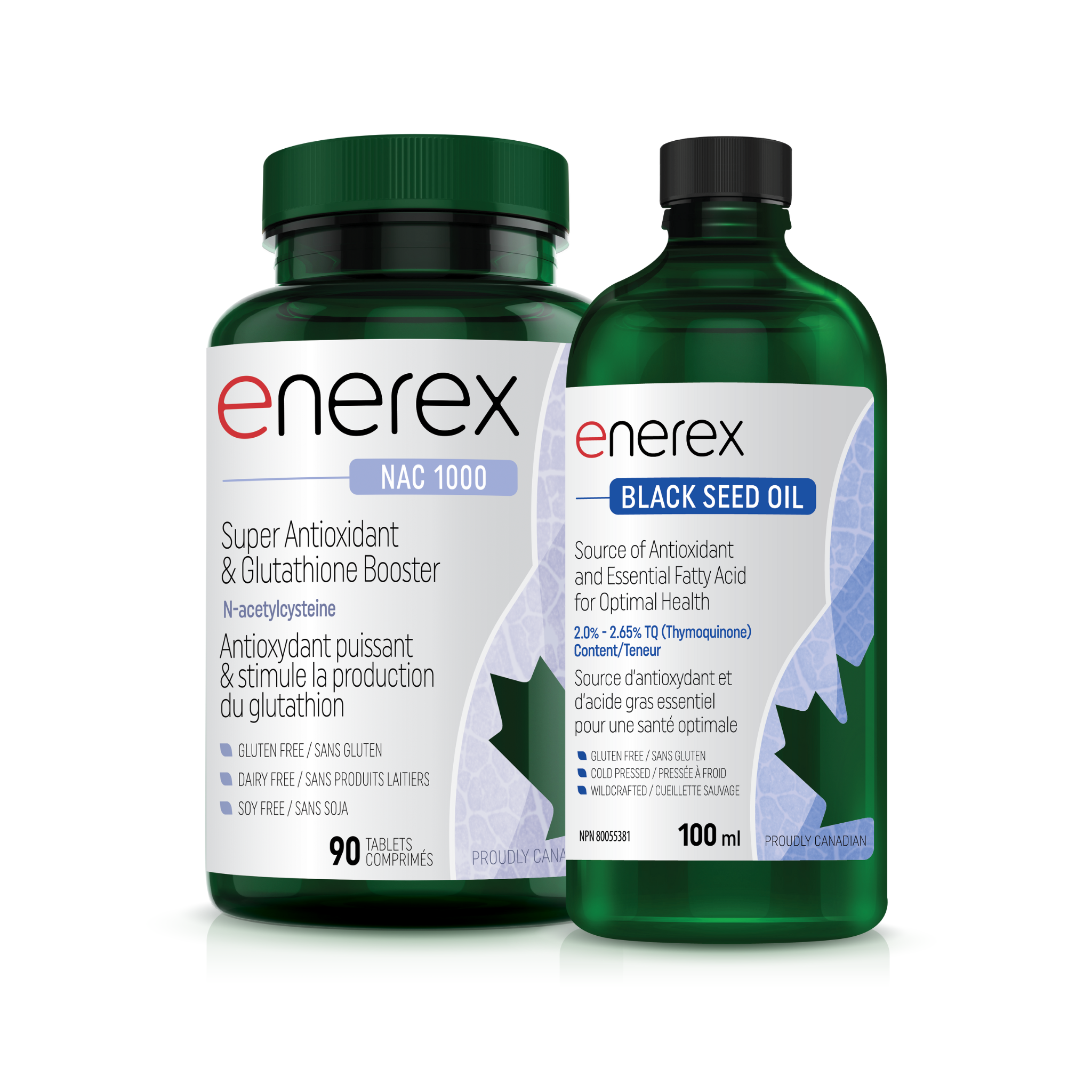
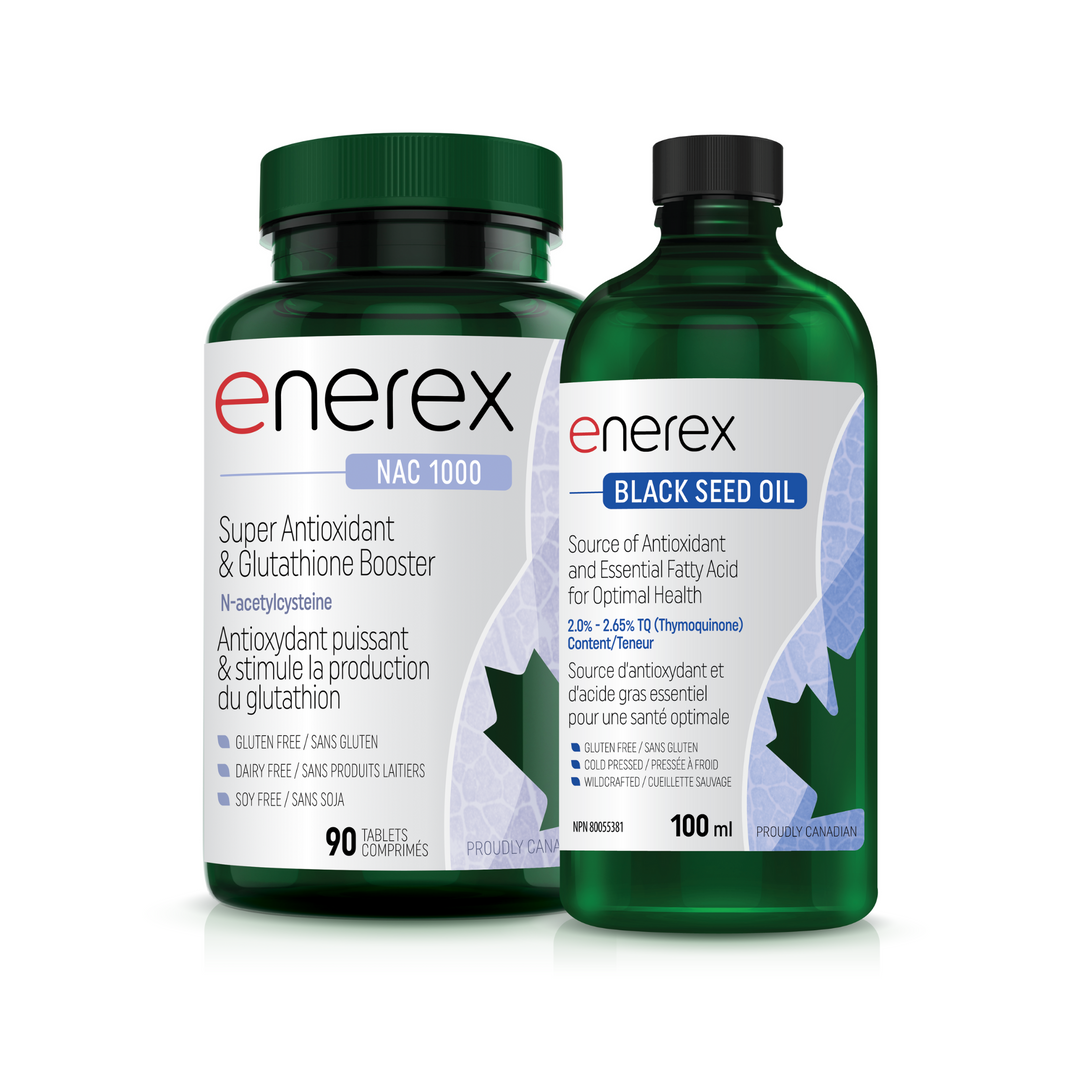
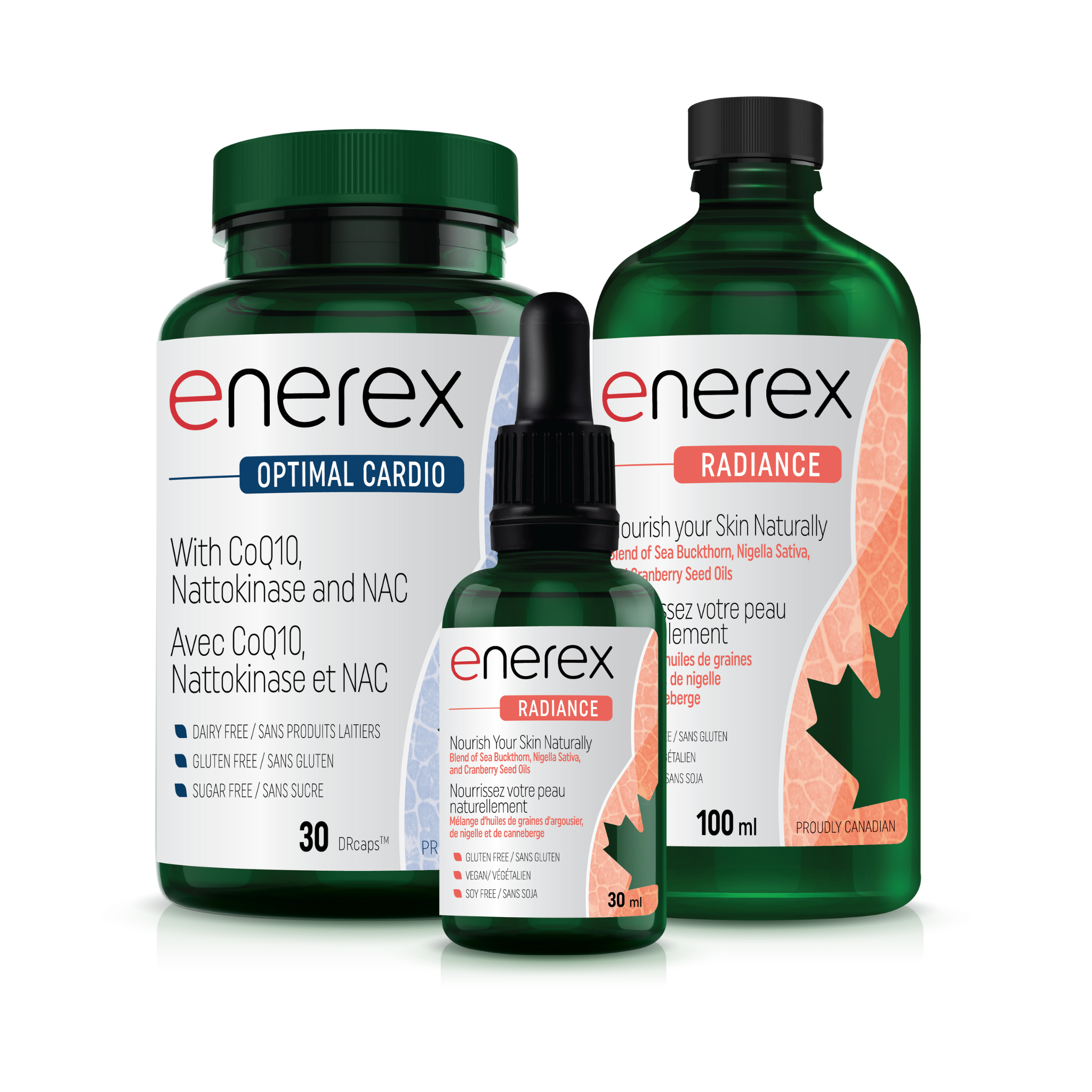
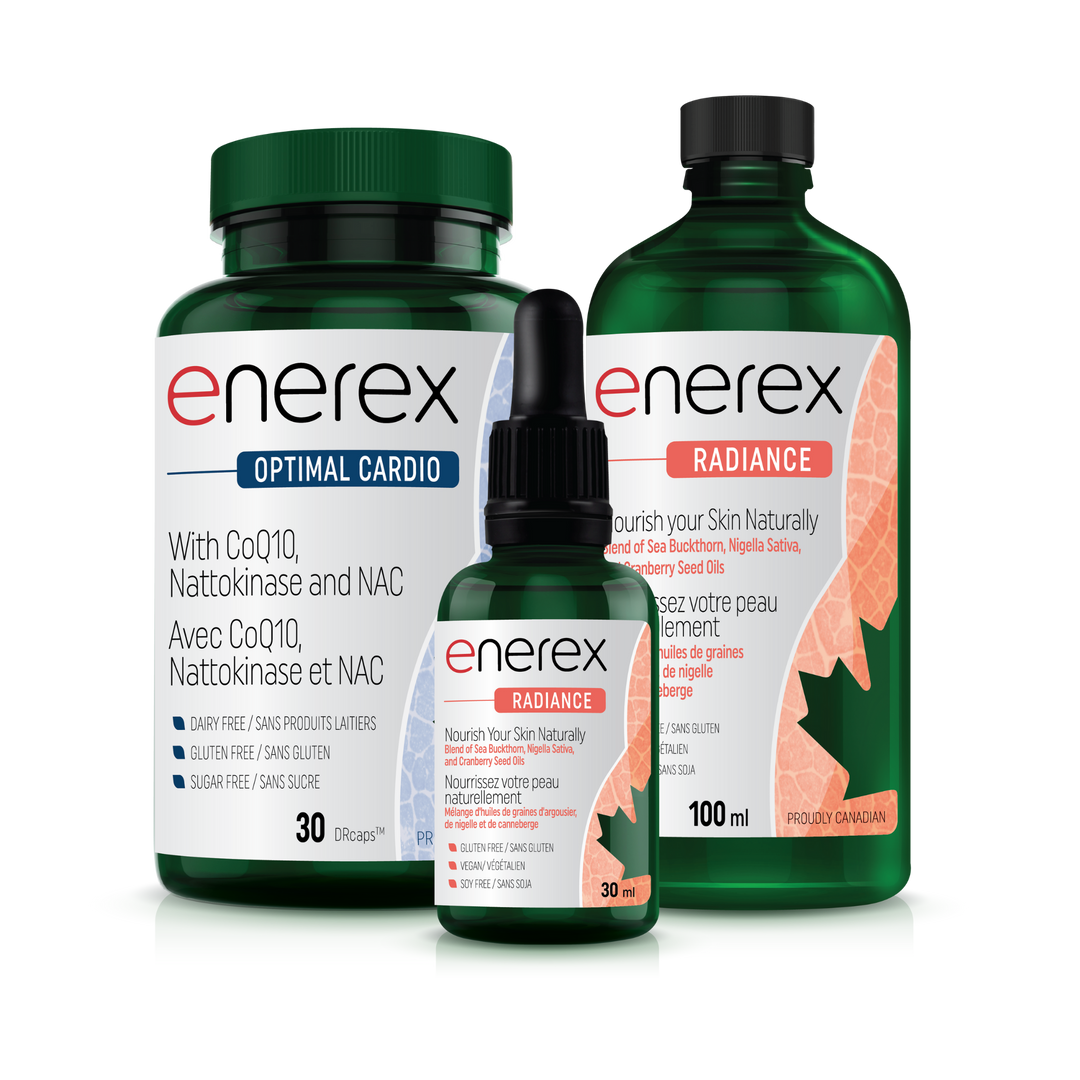
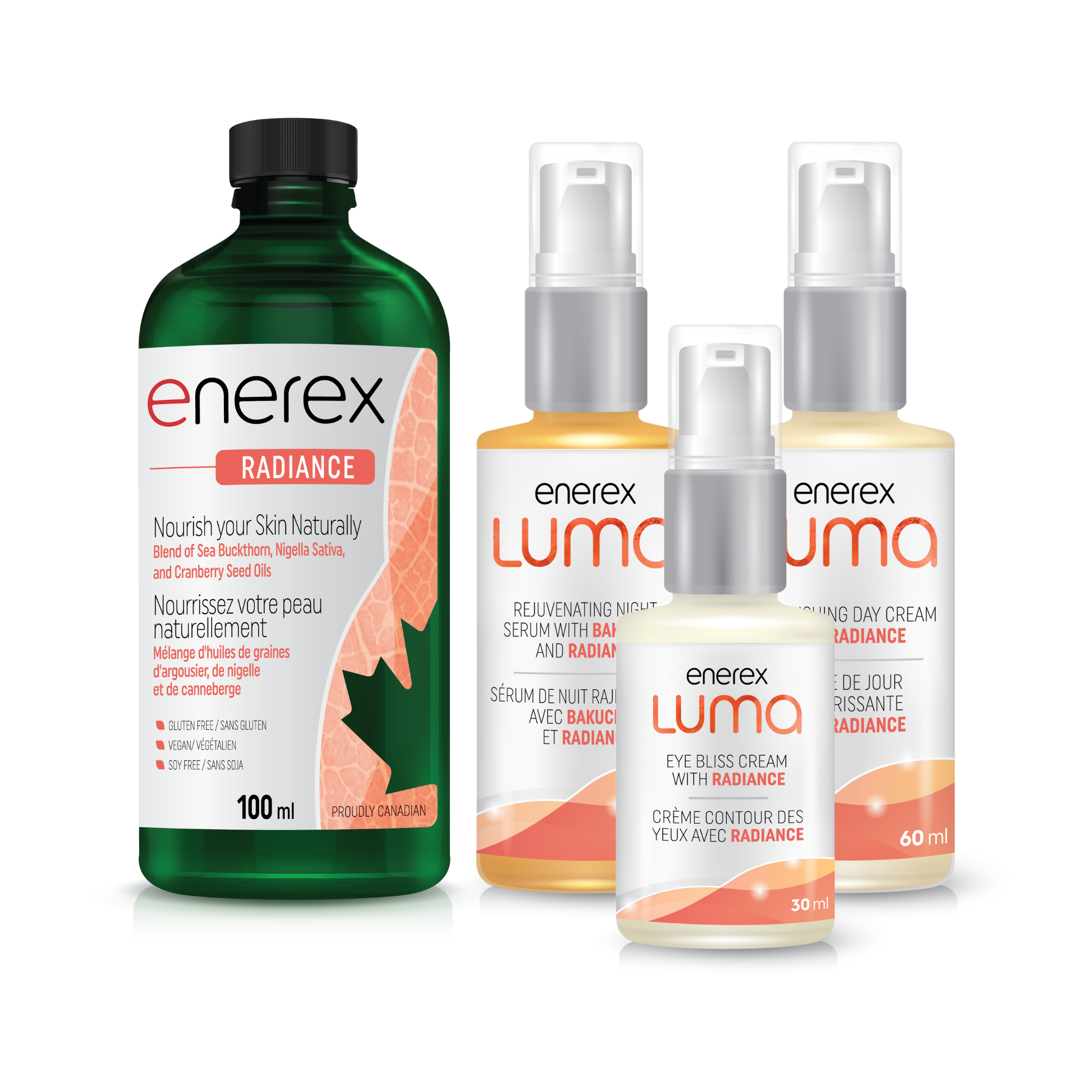
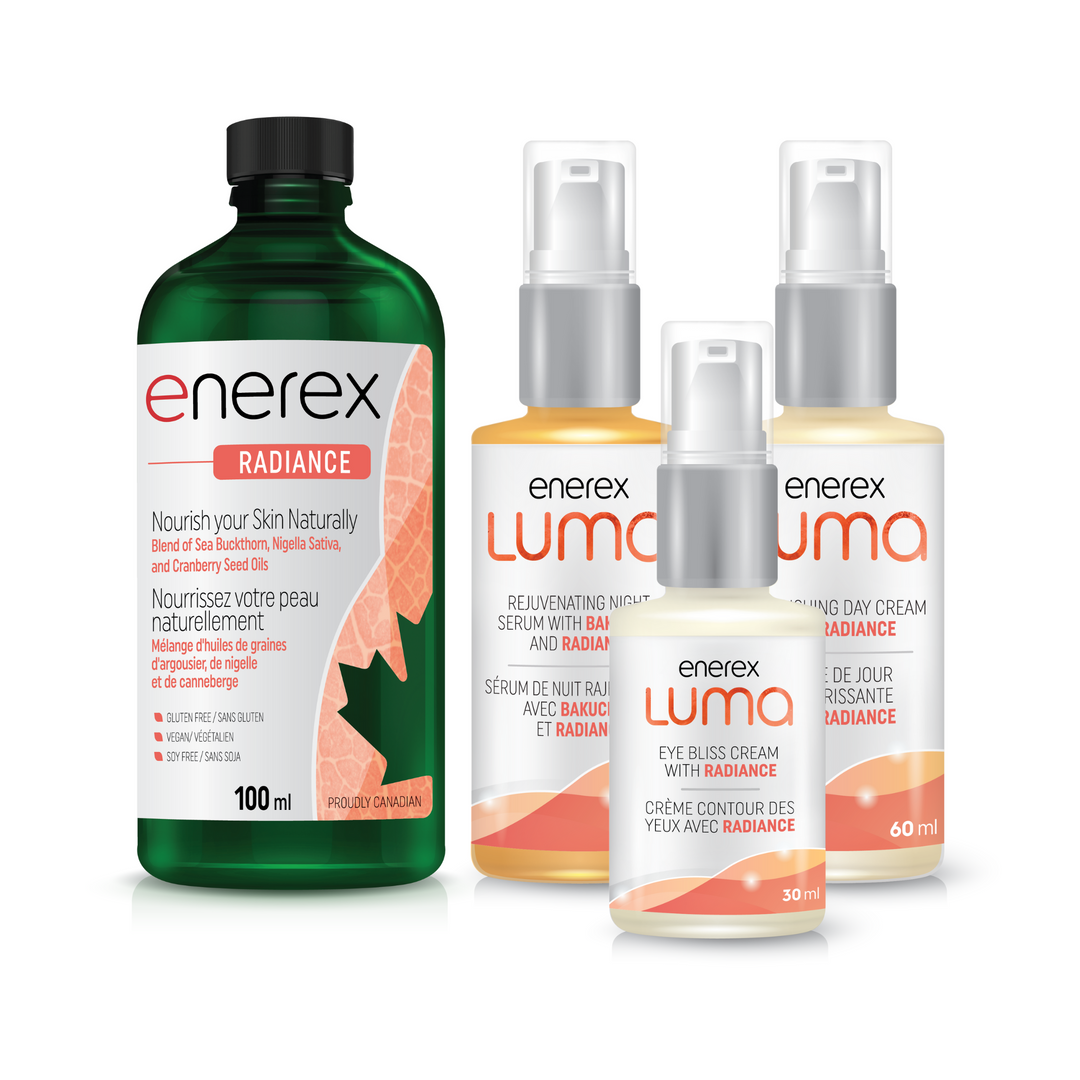
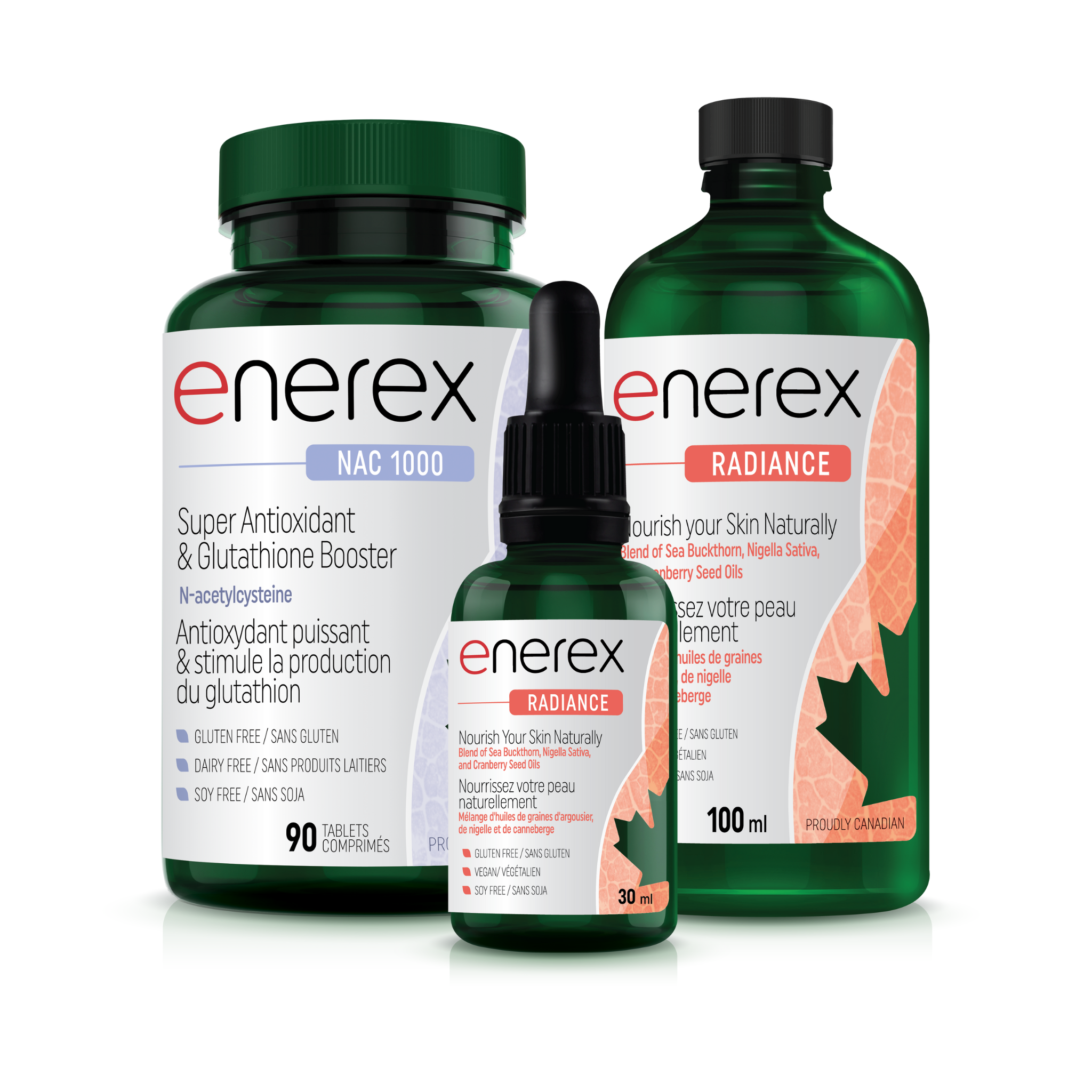
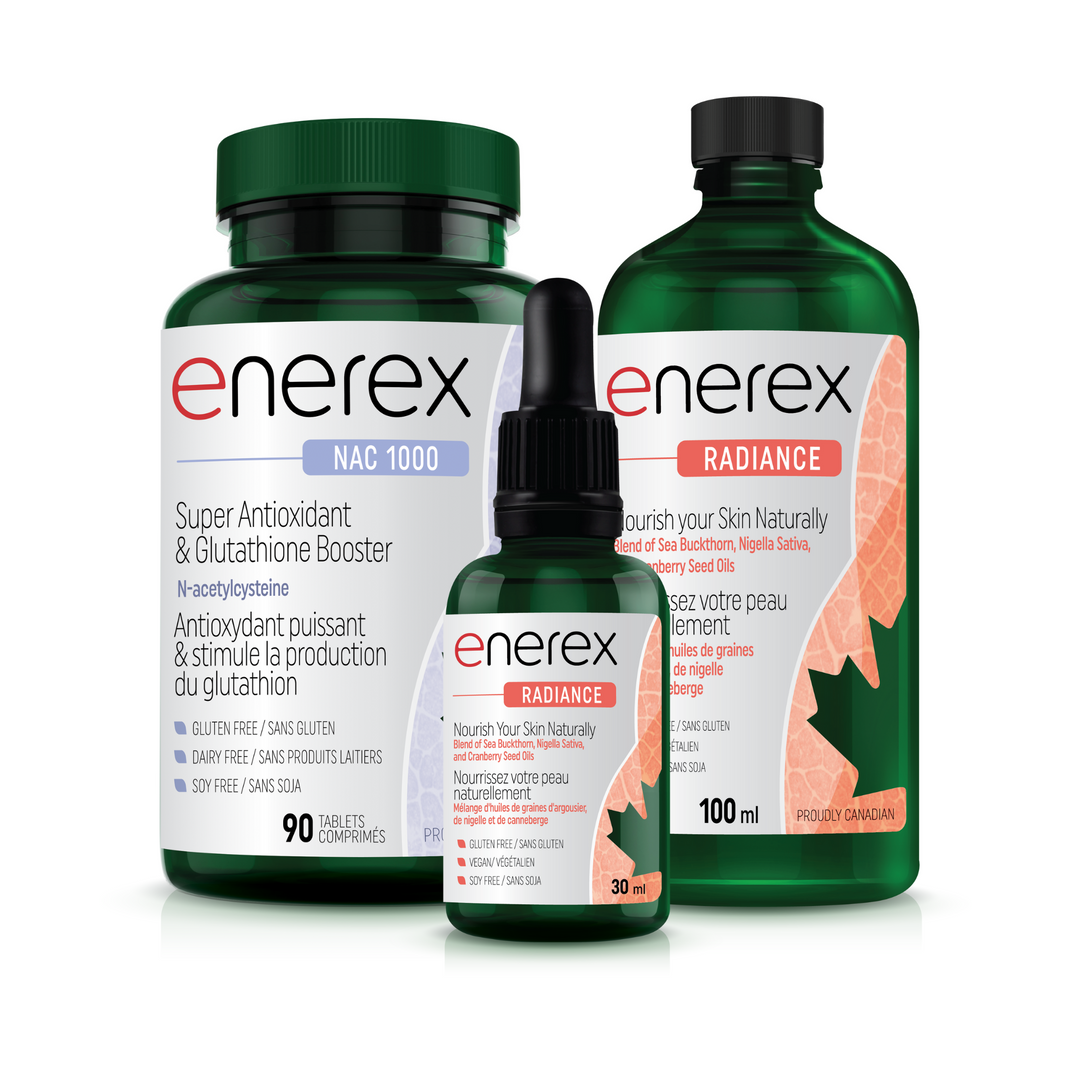
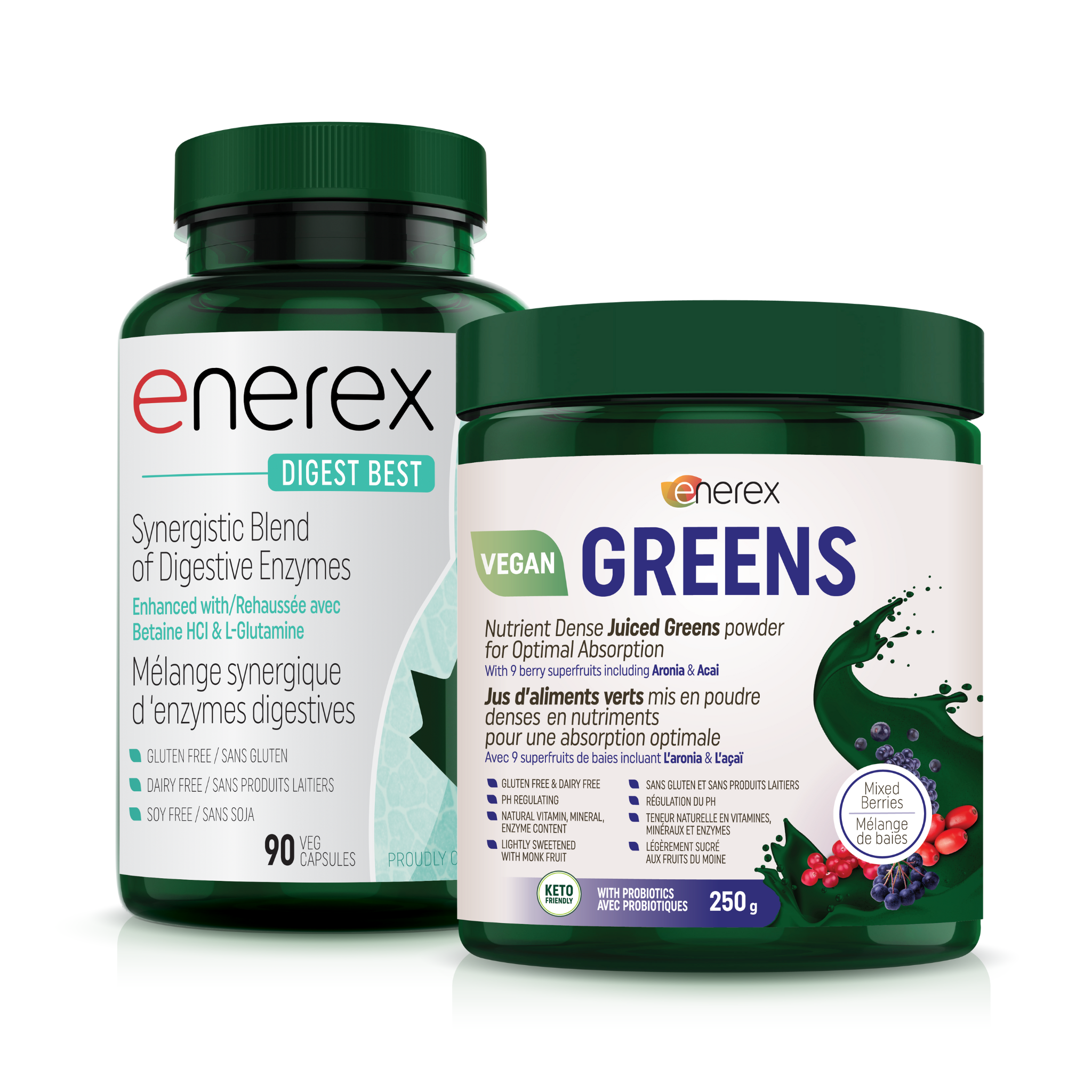
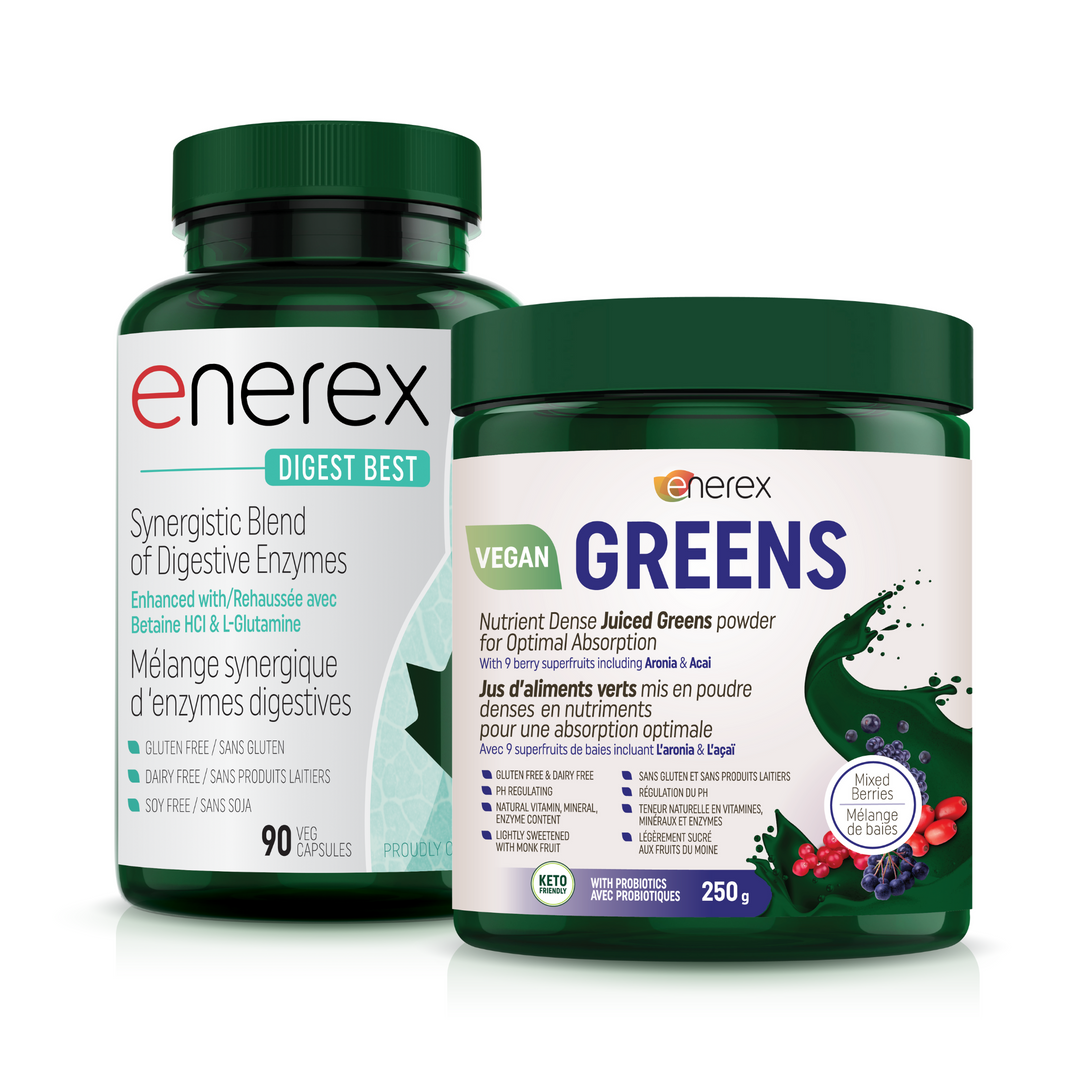
Leave a comment